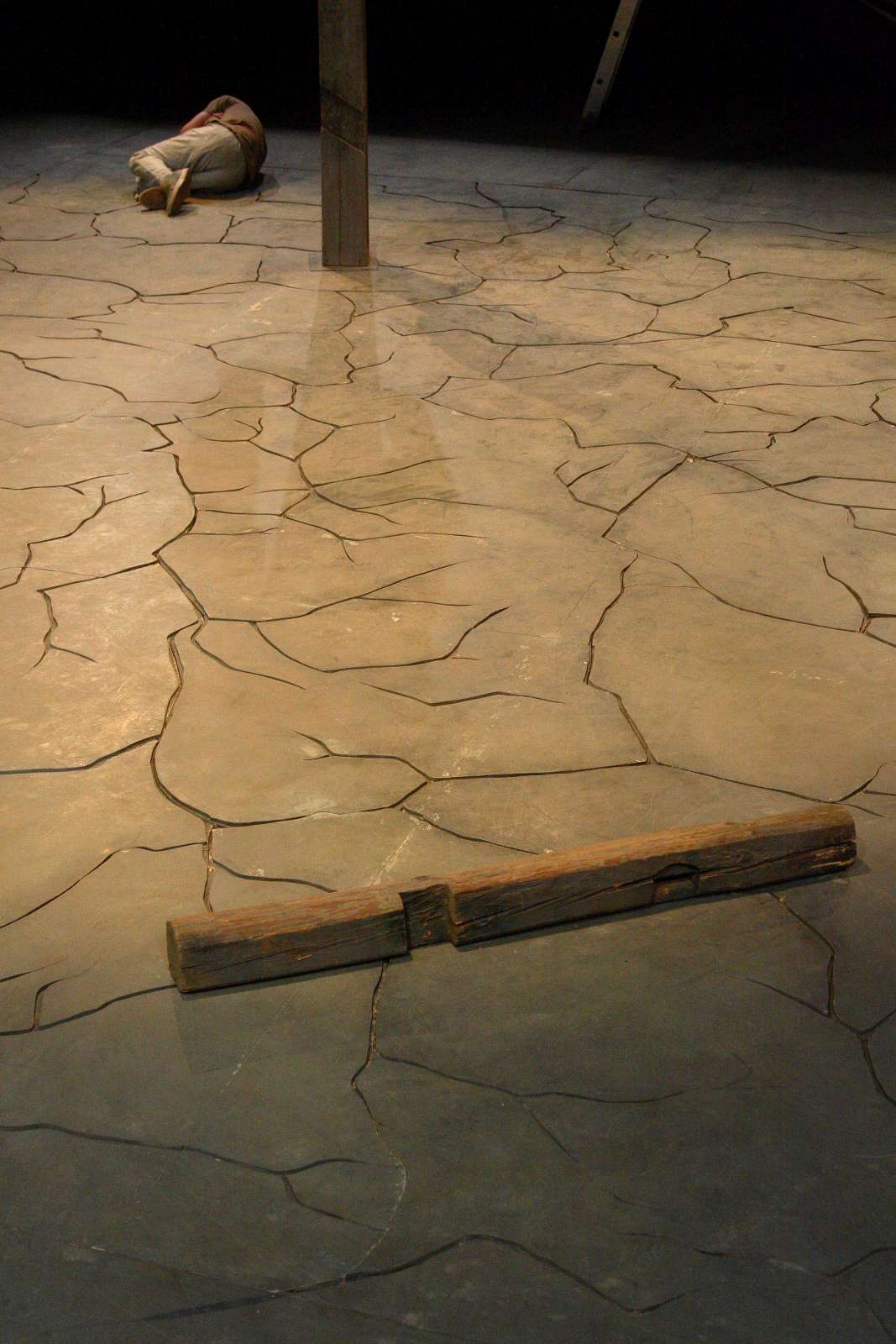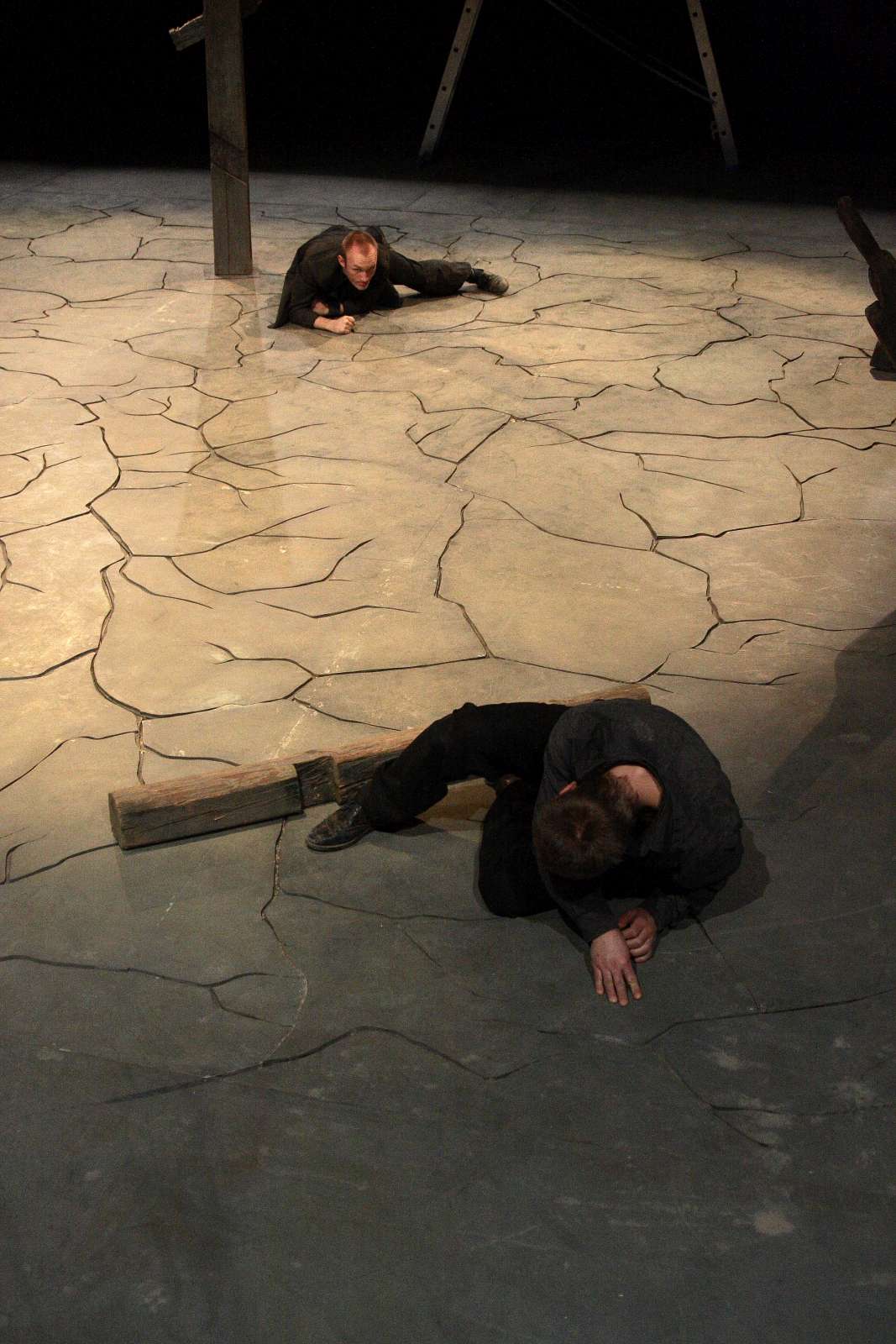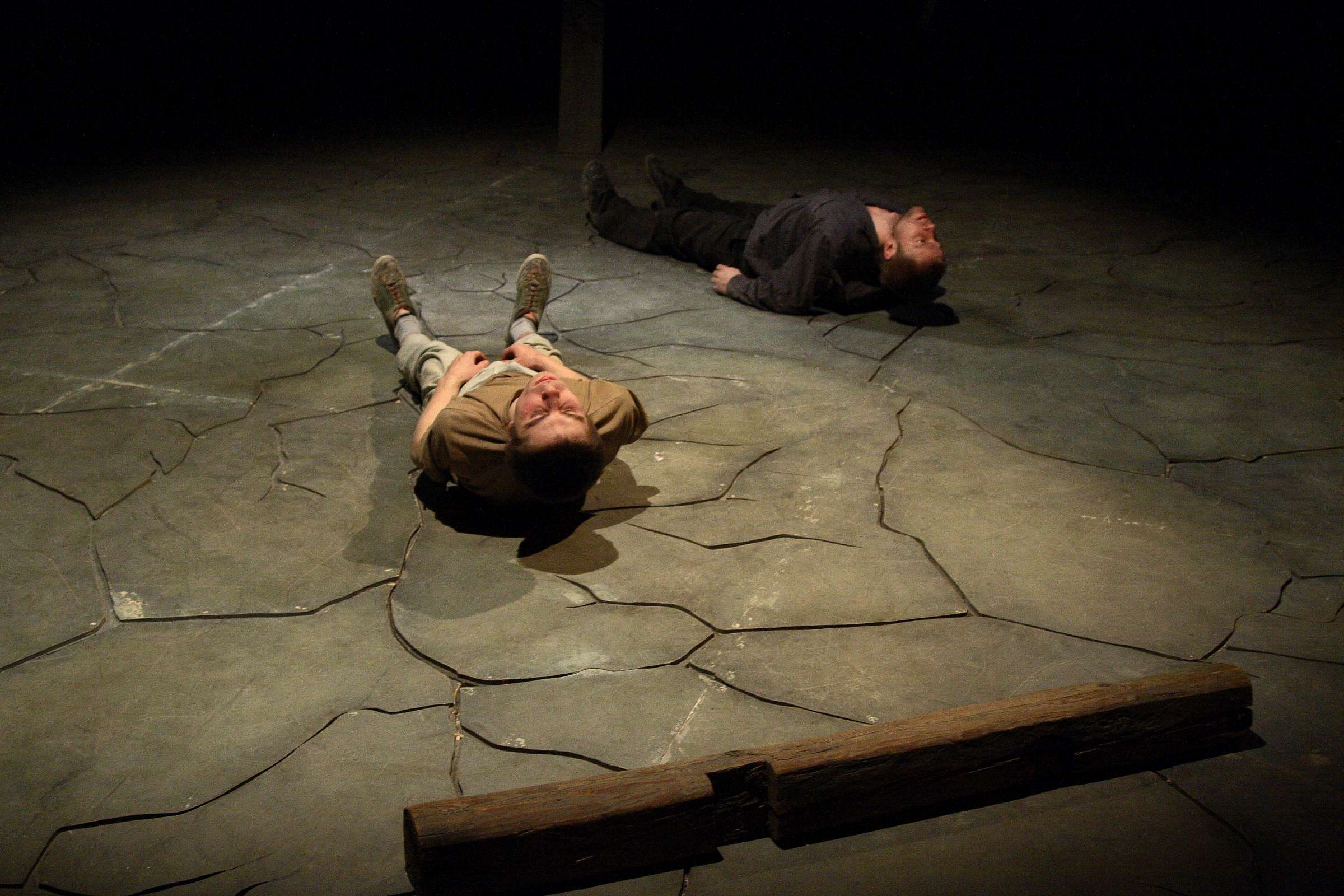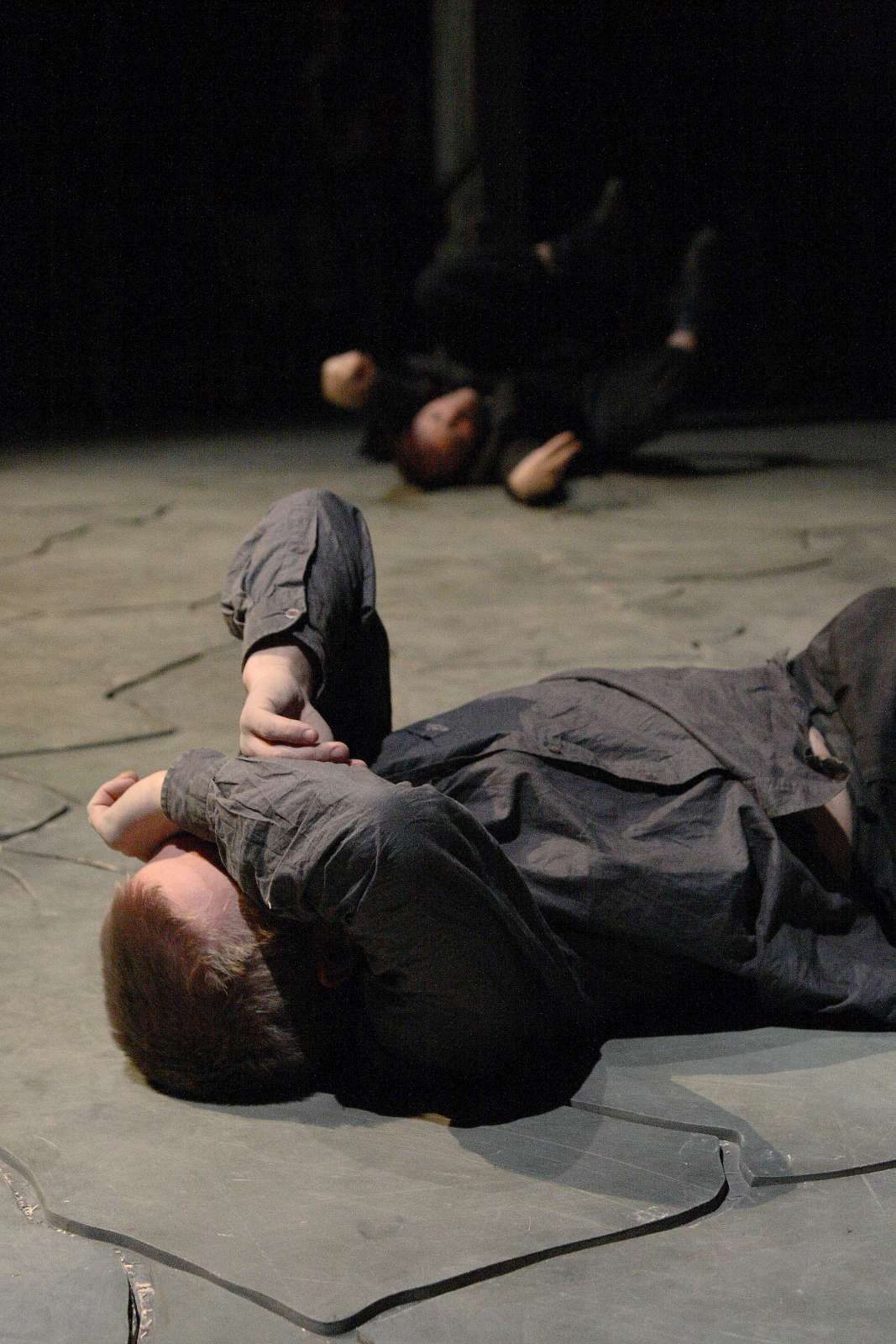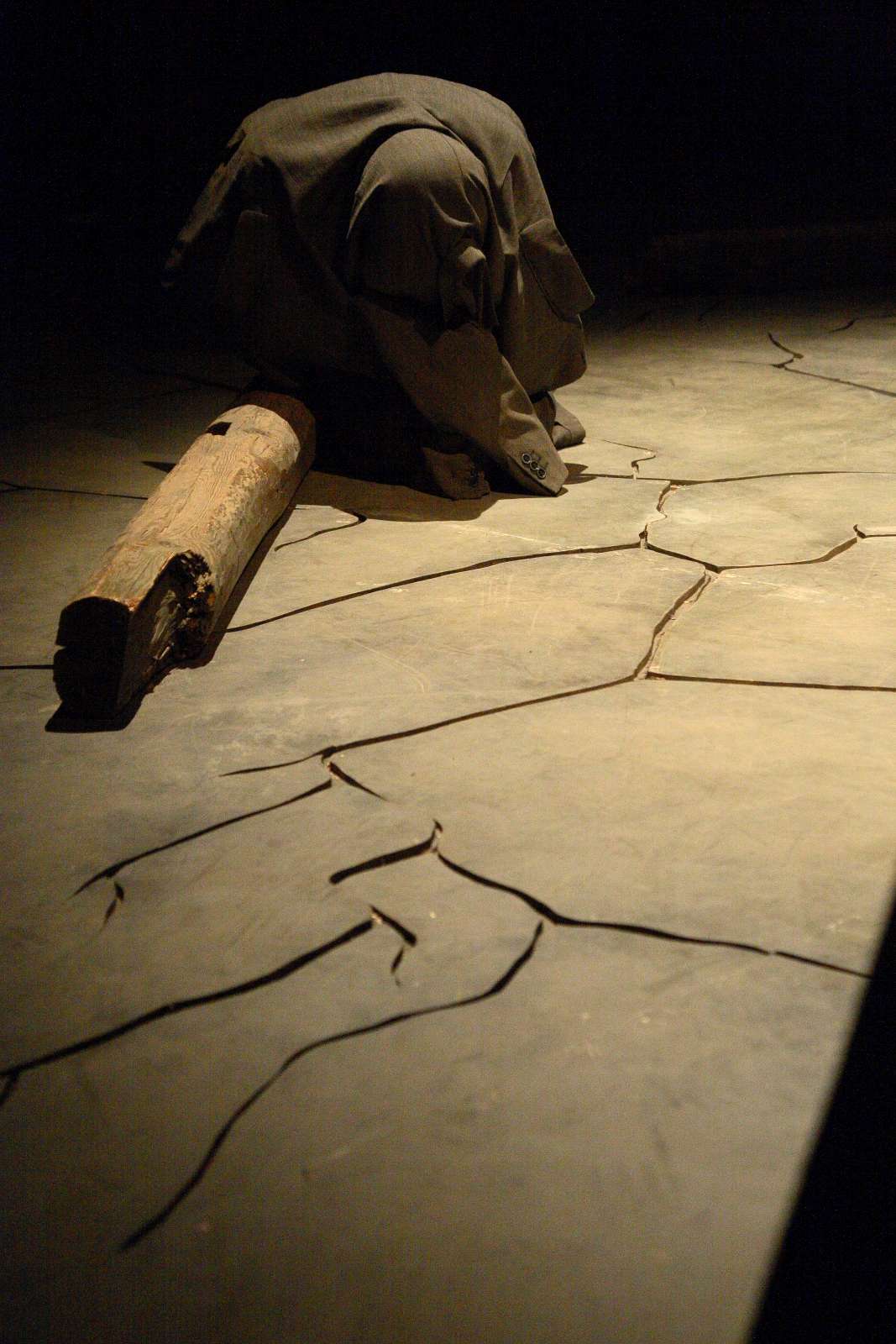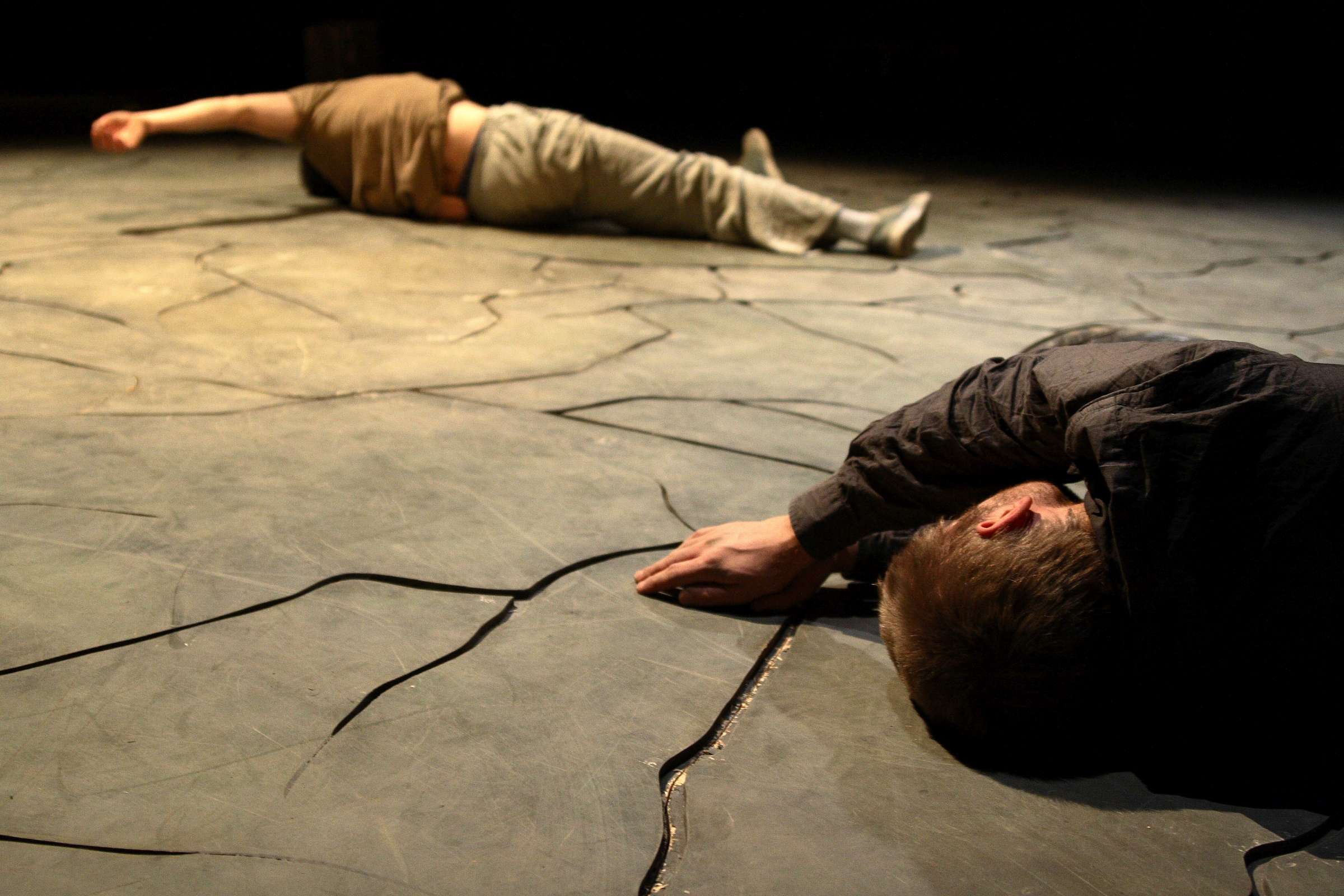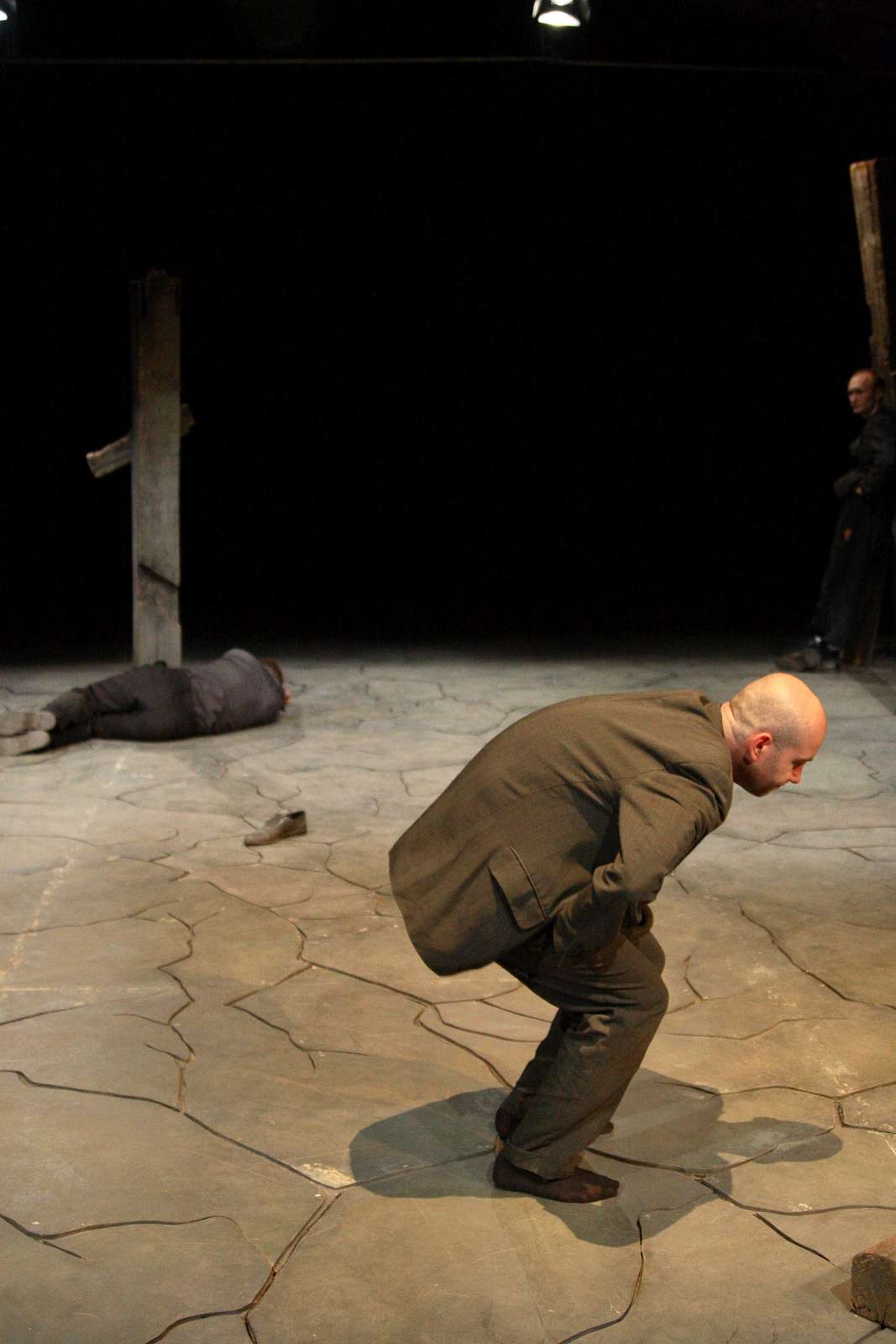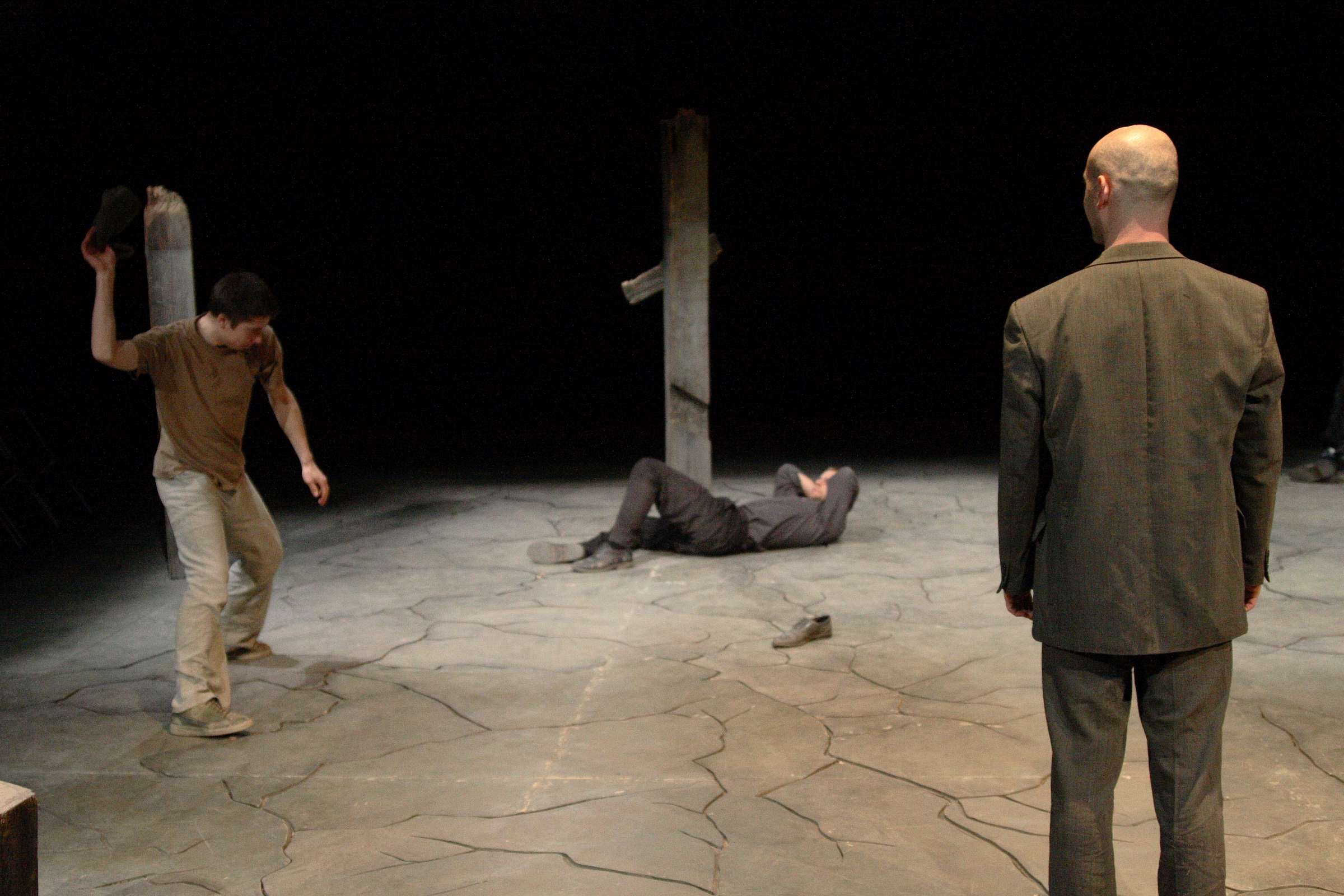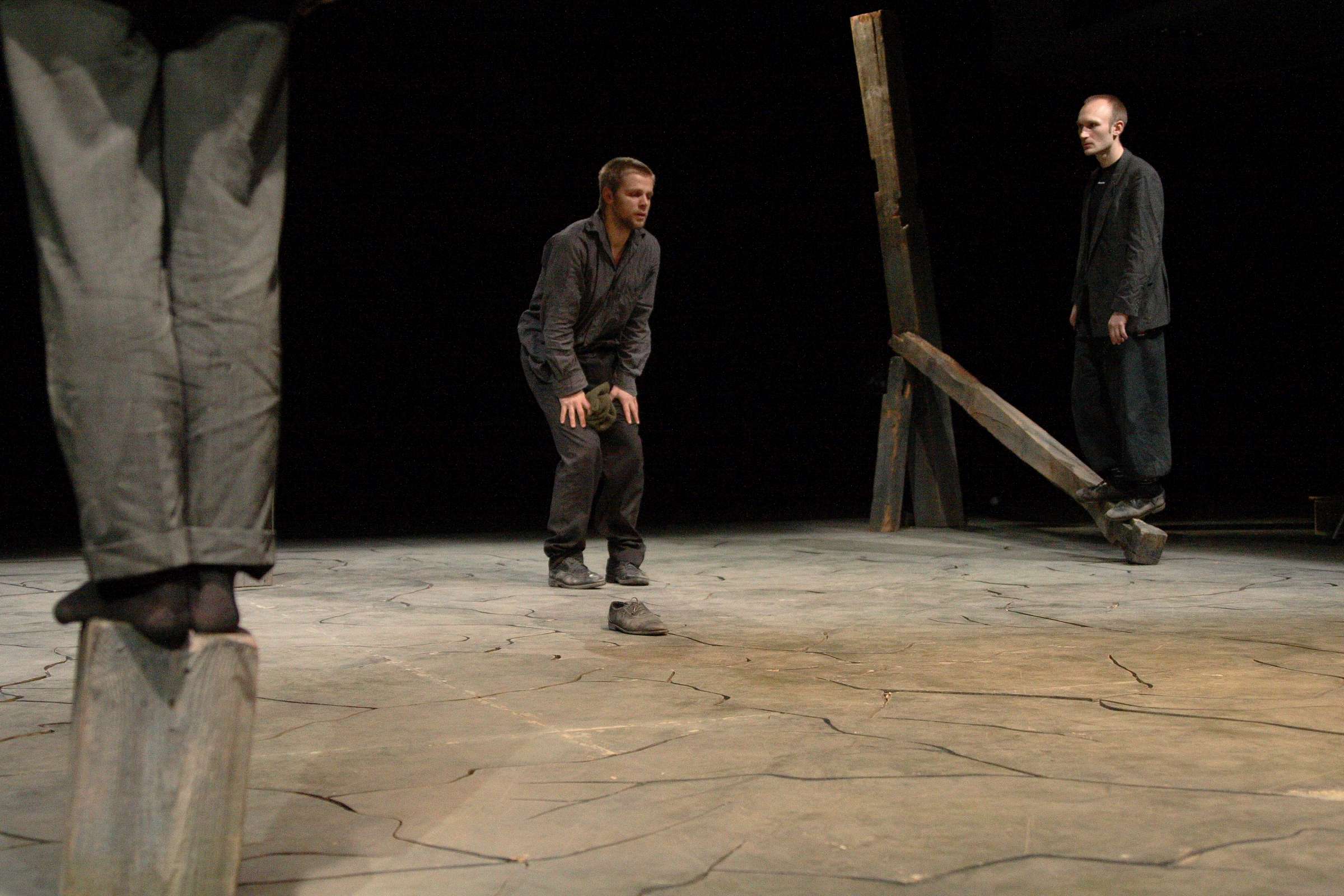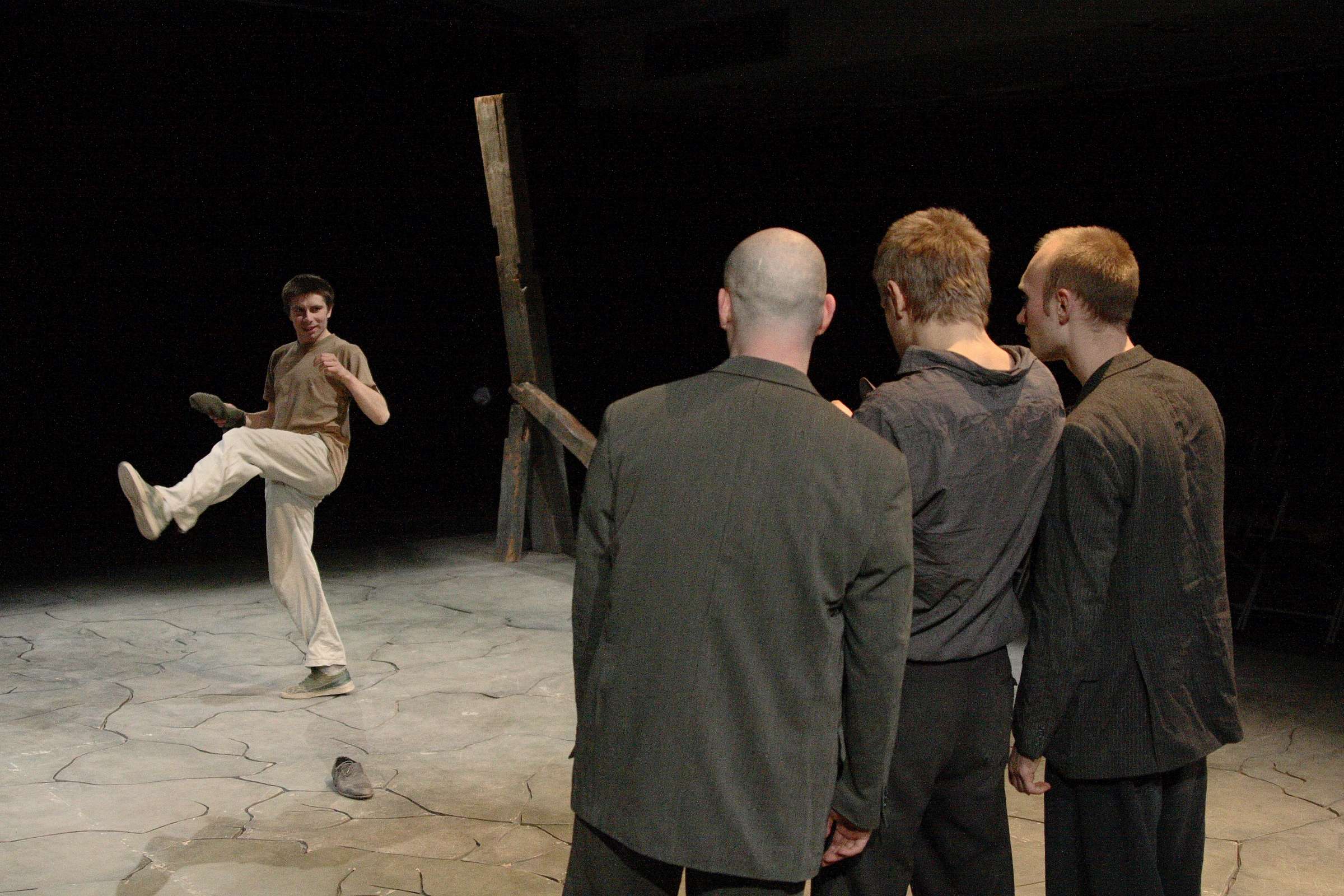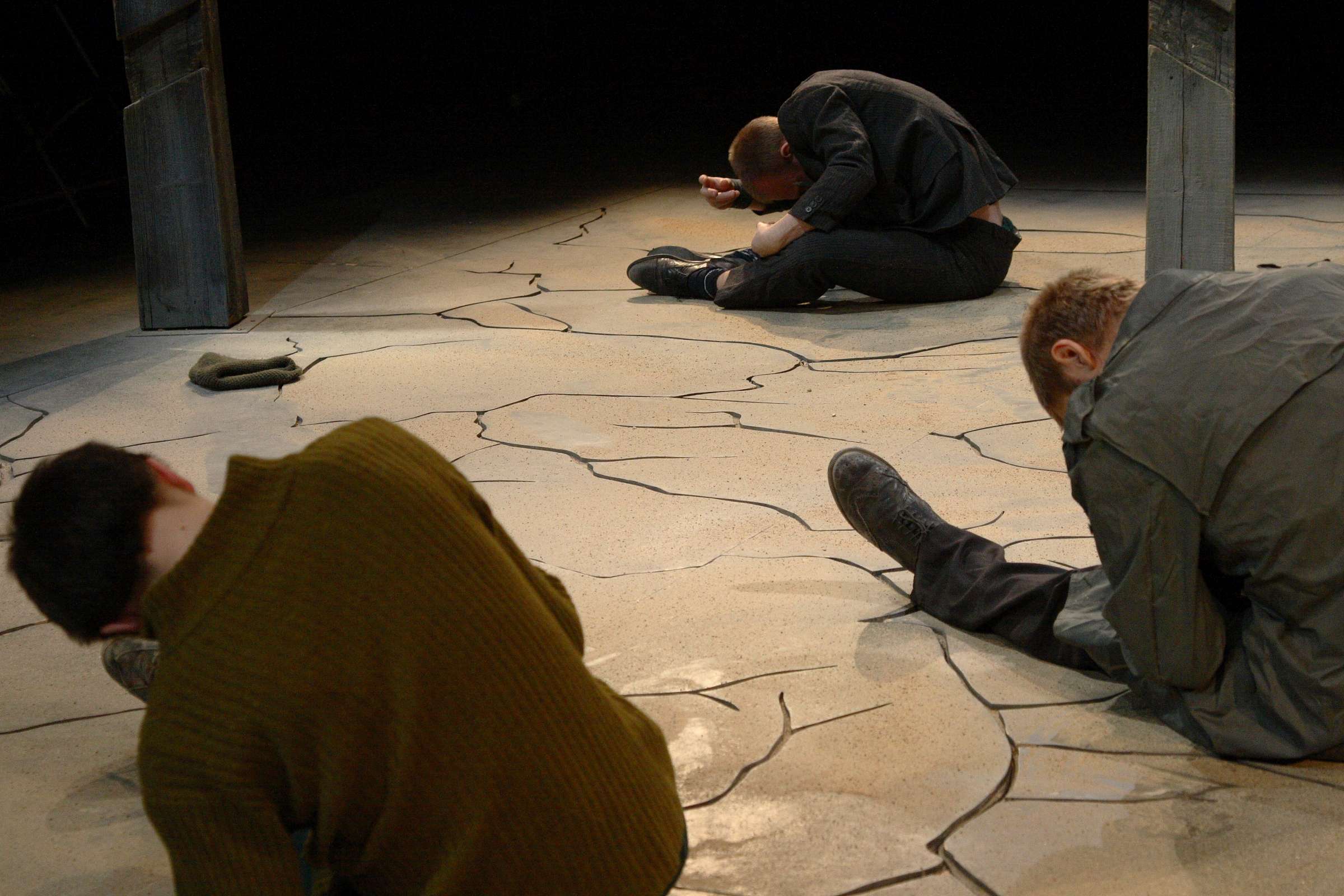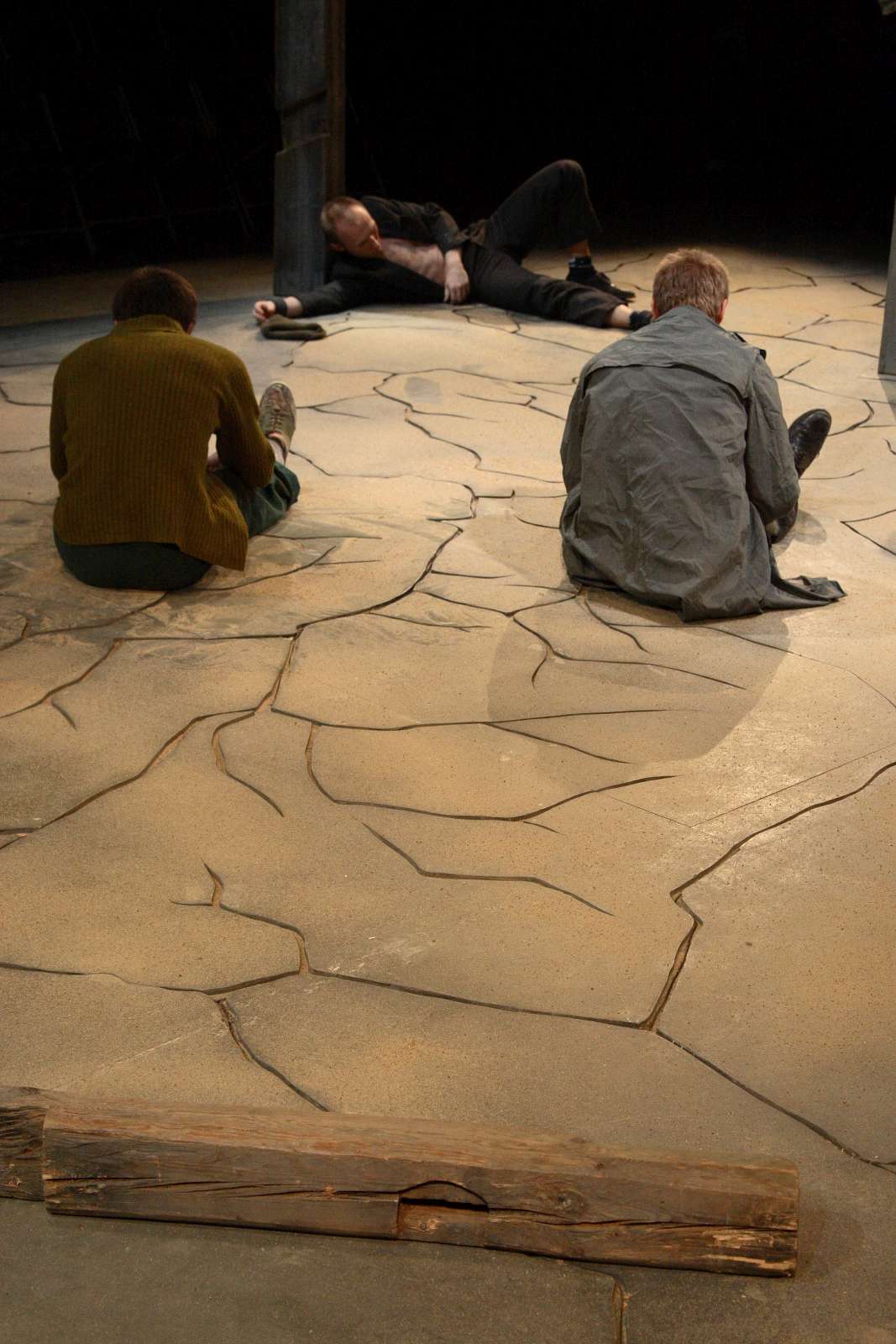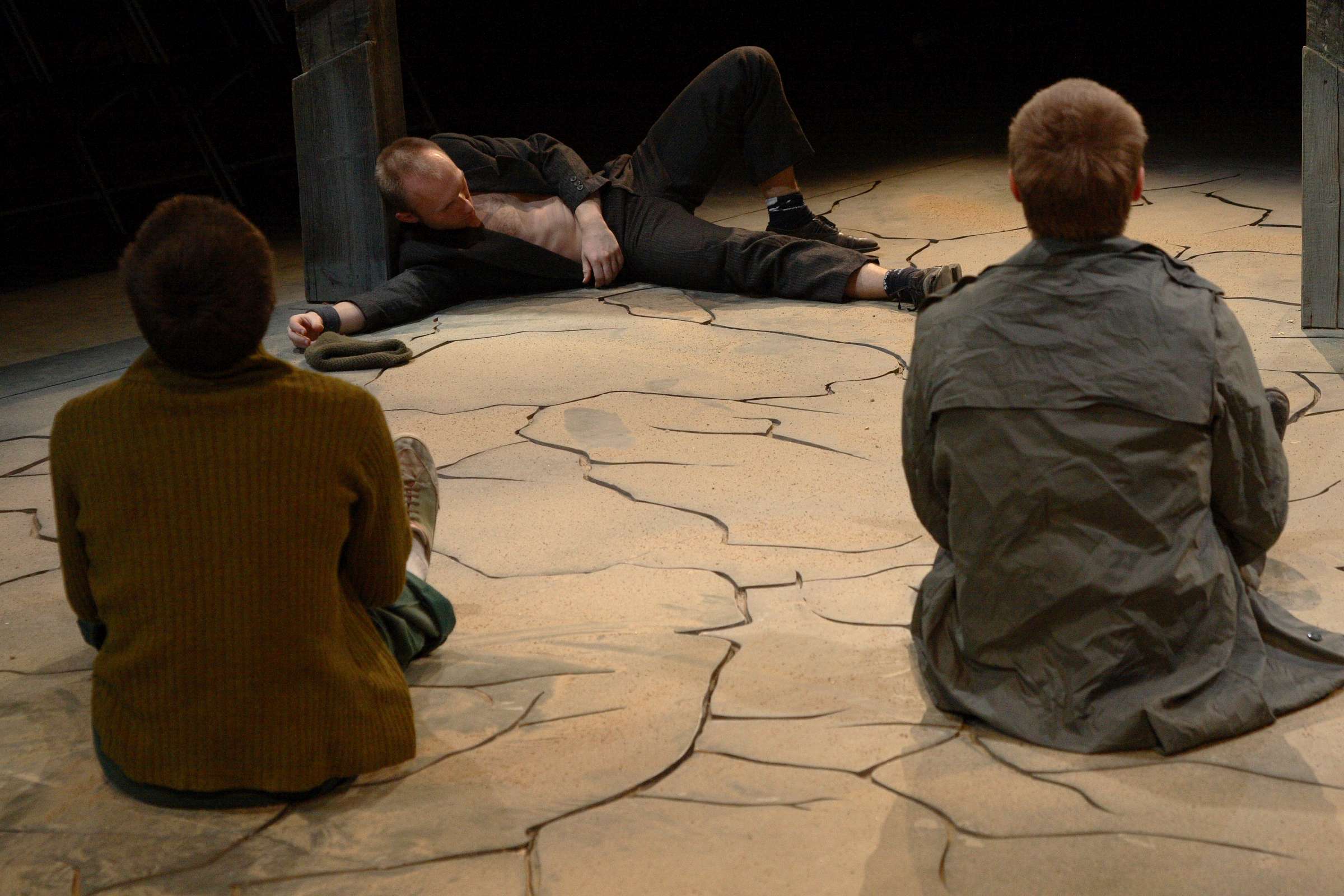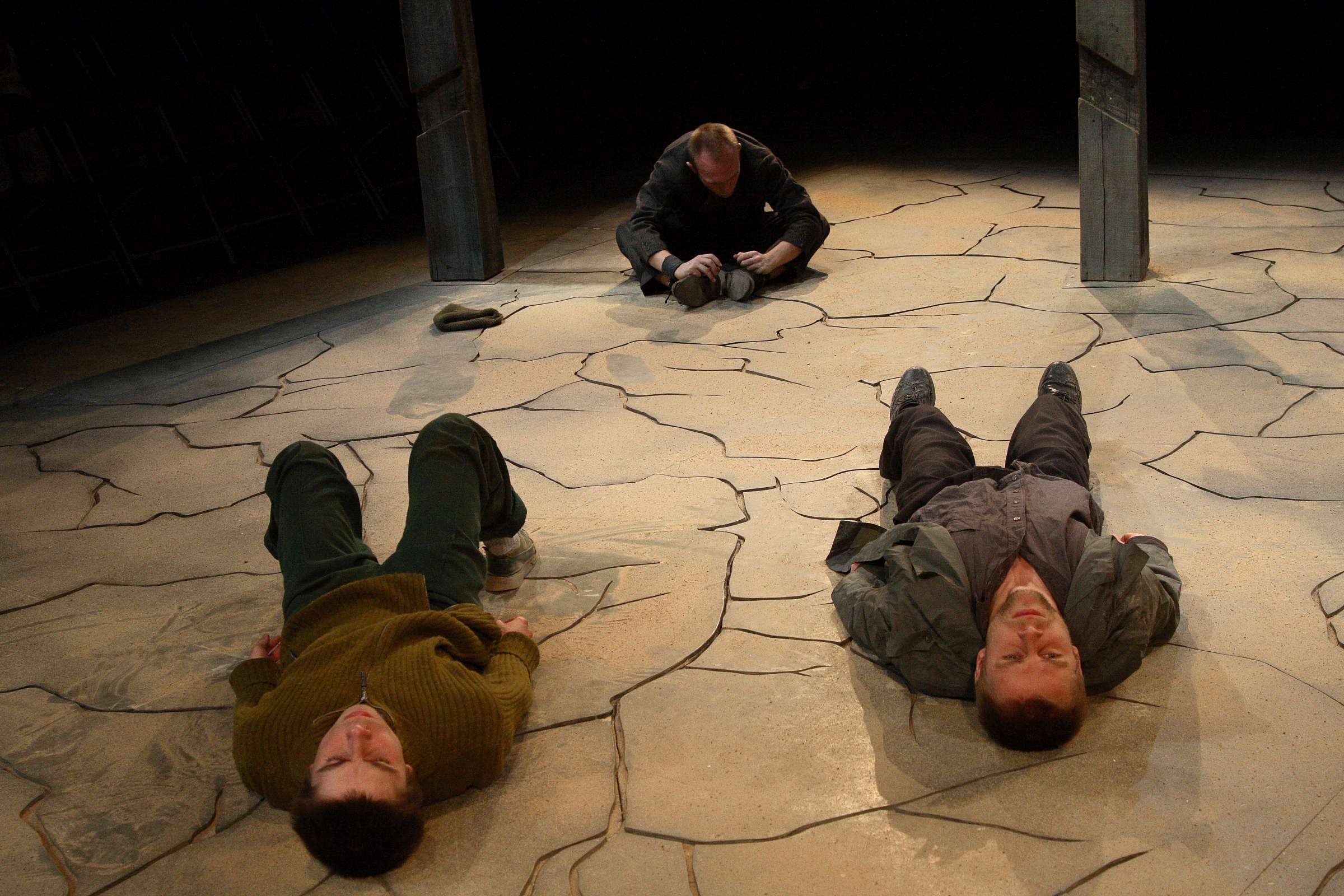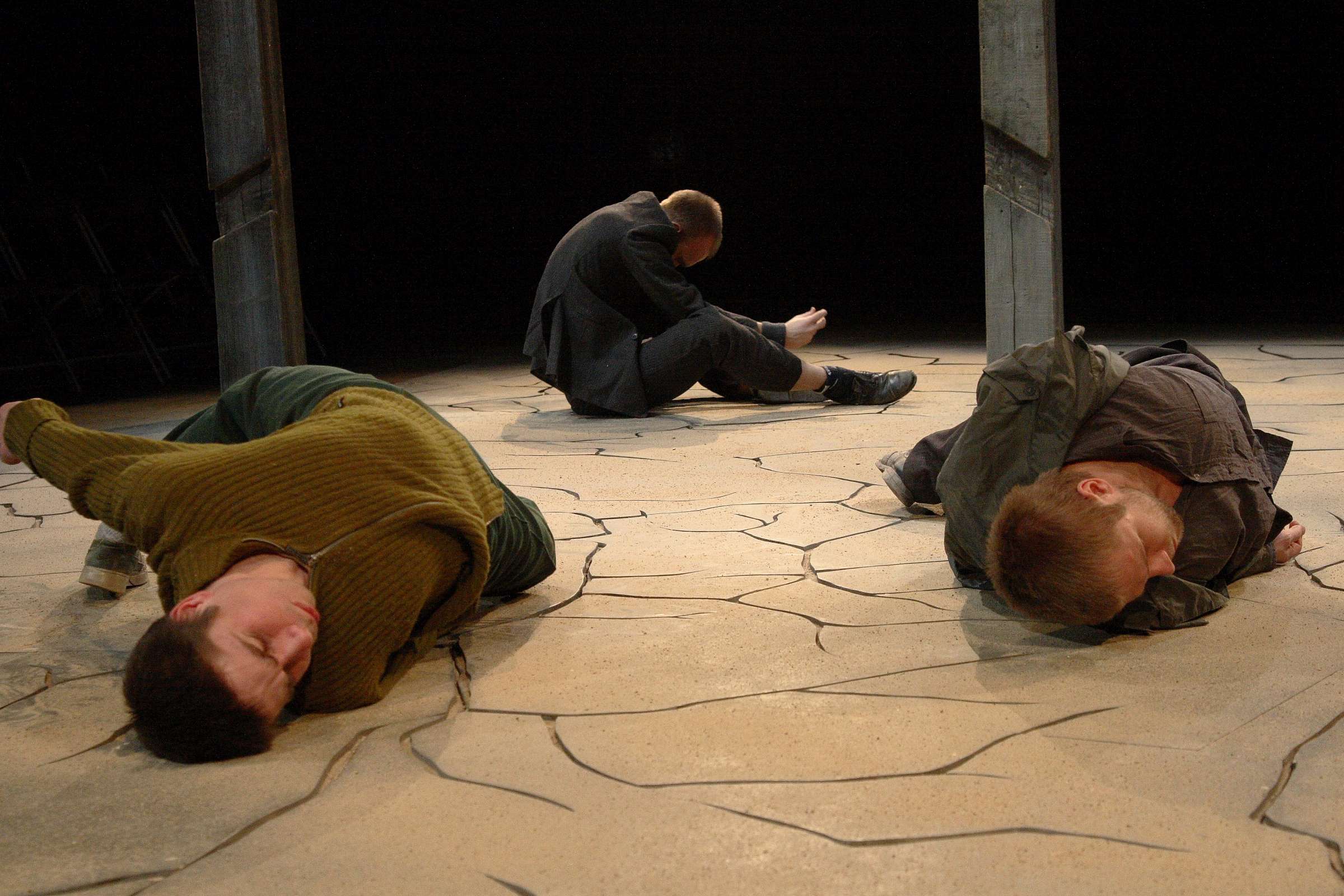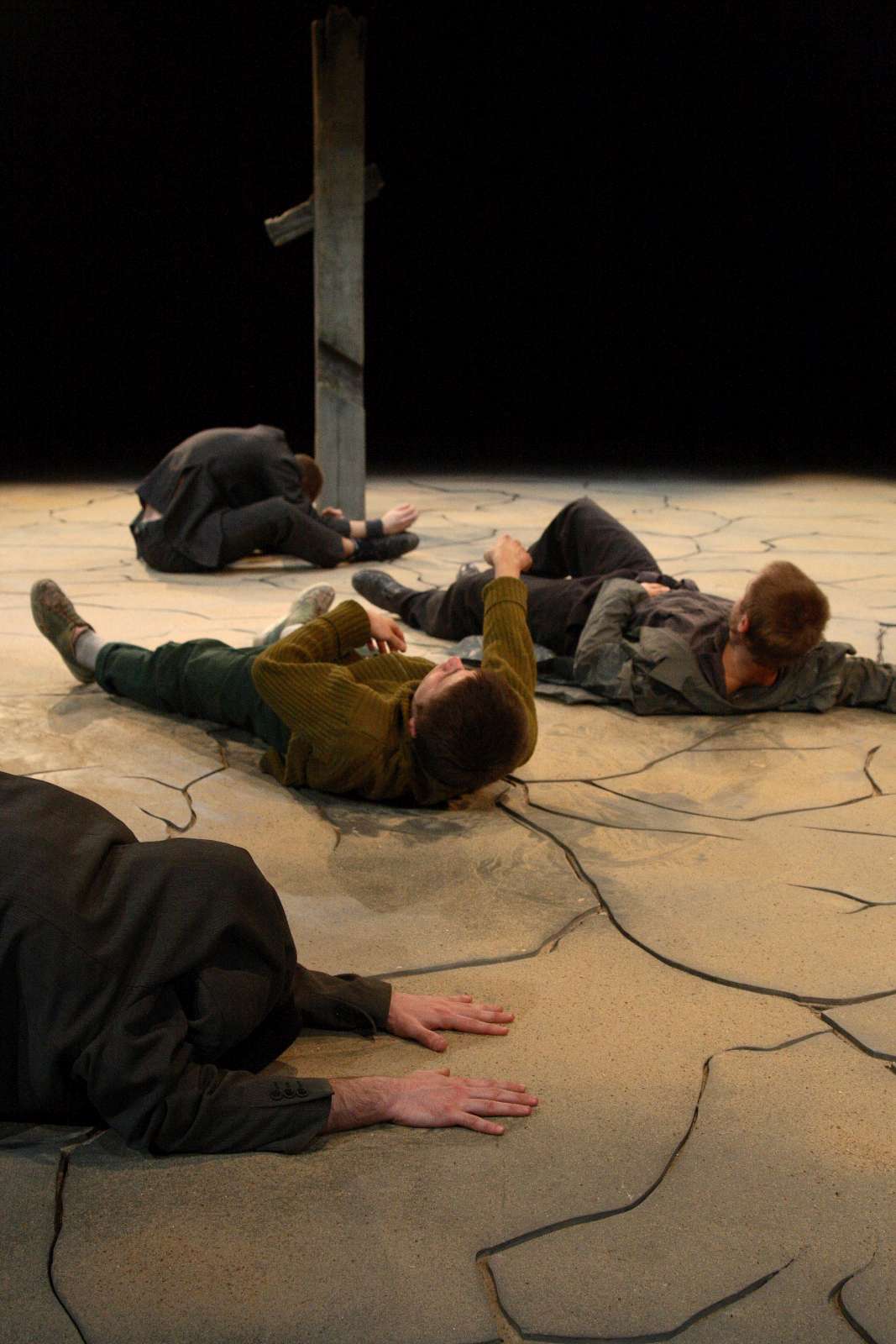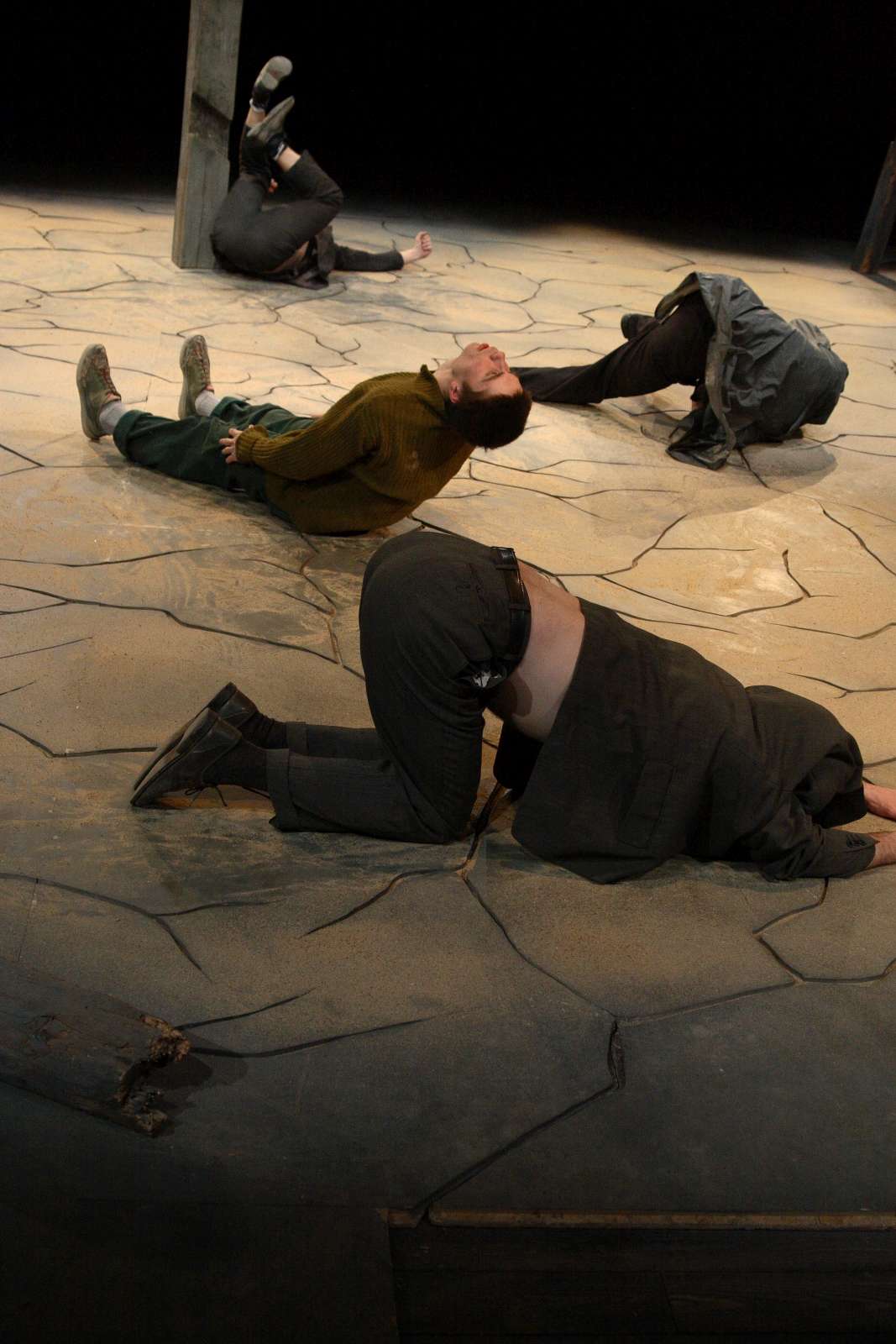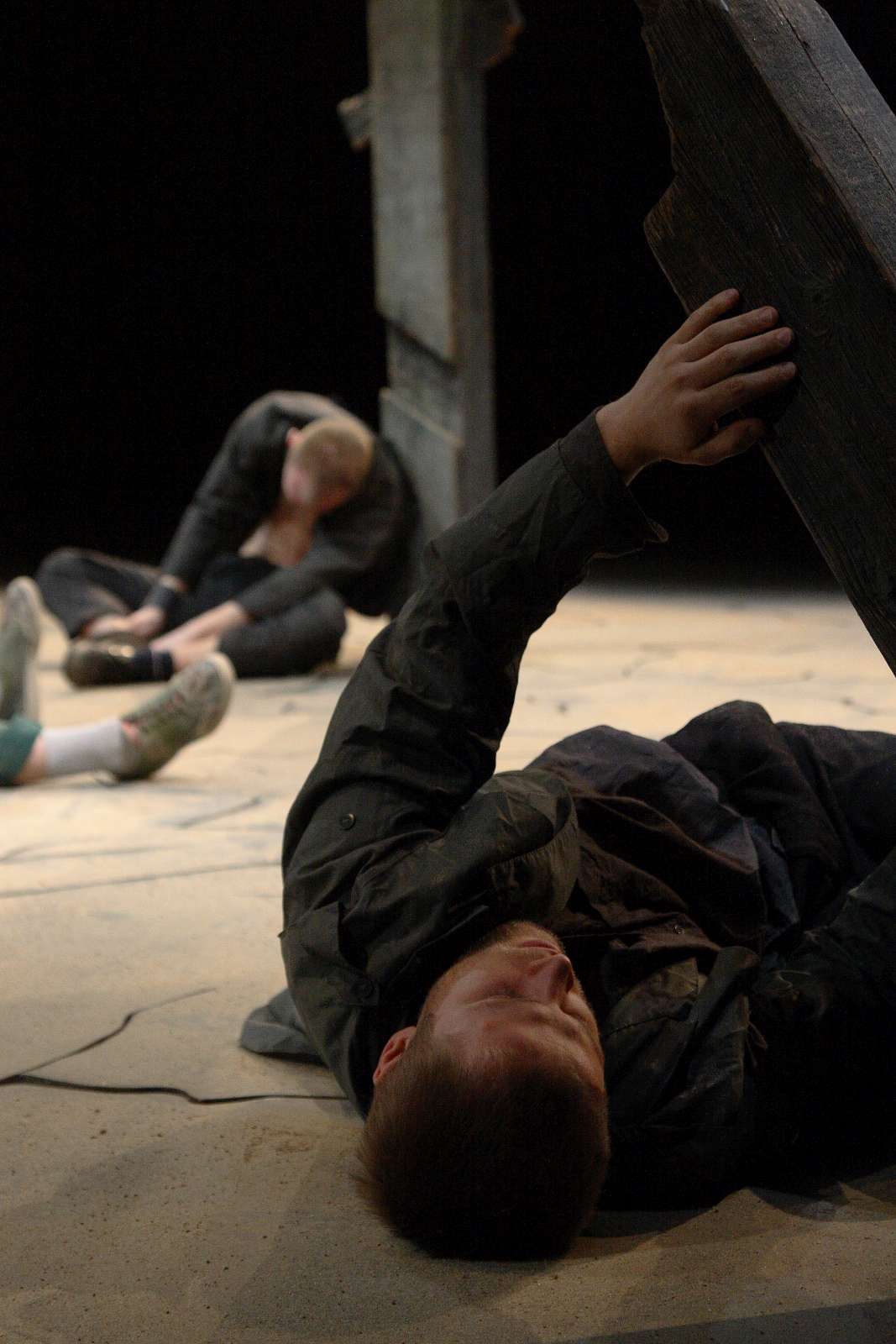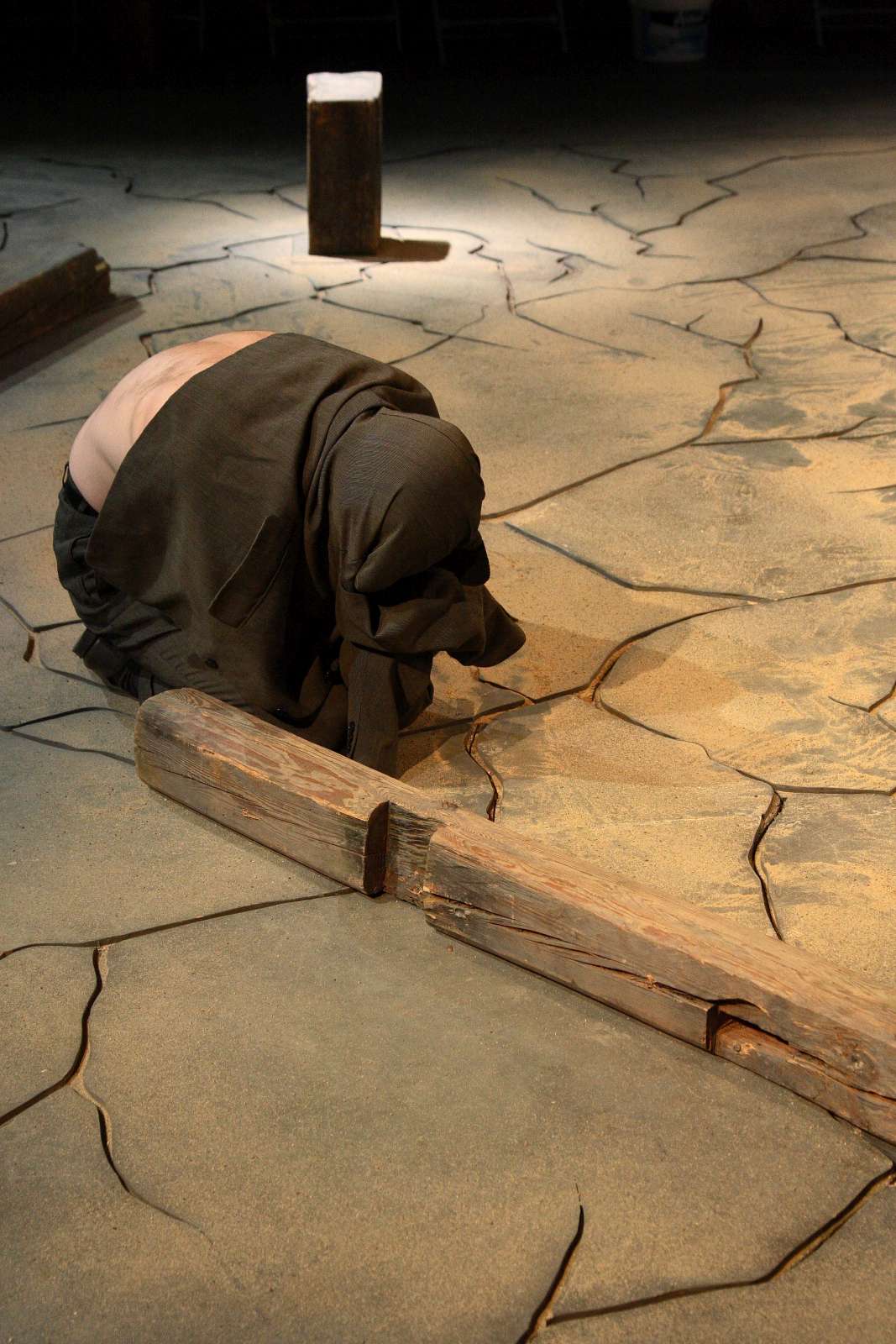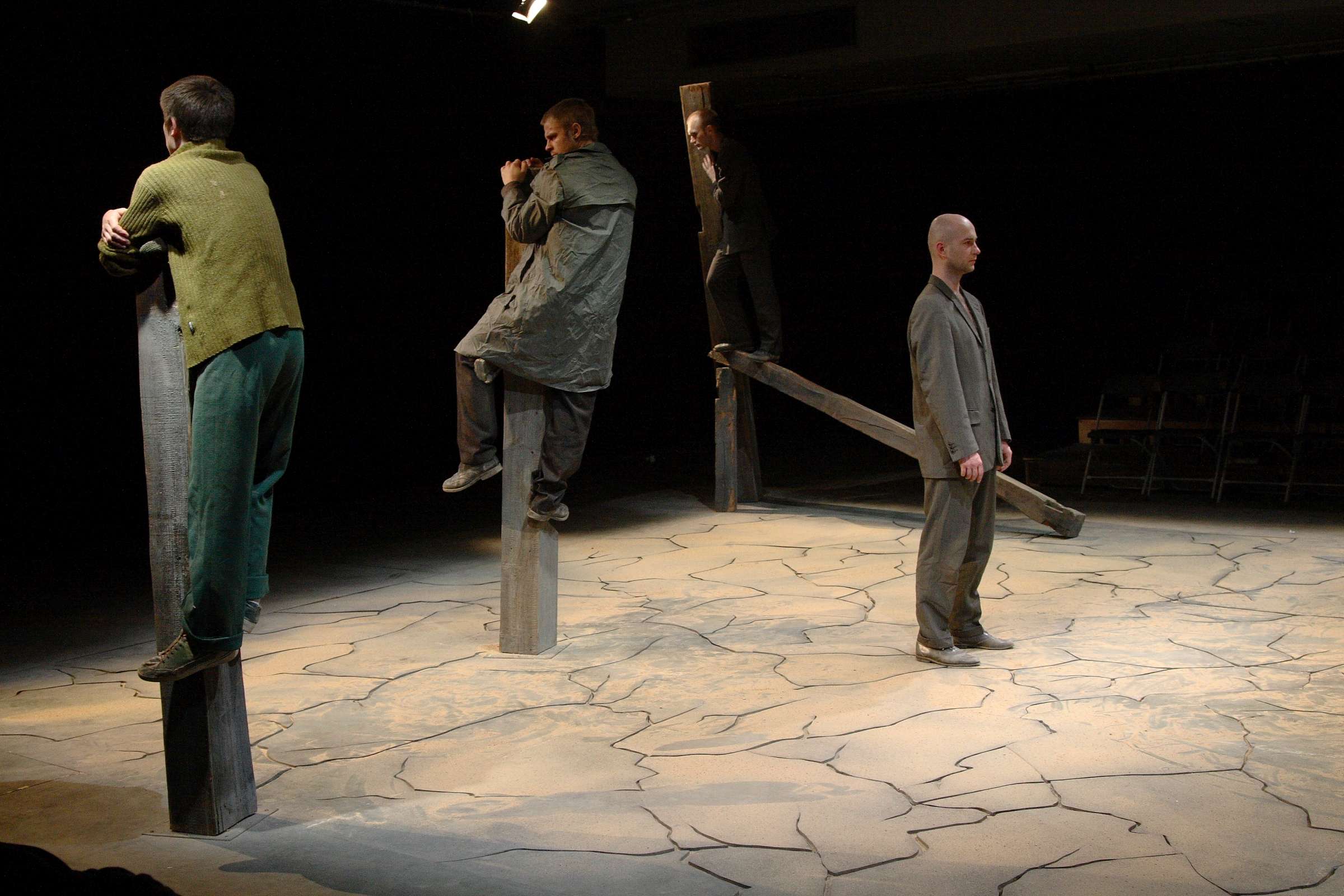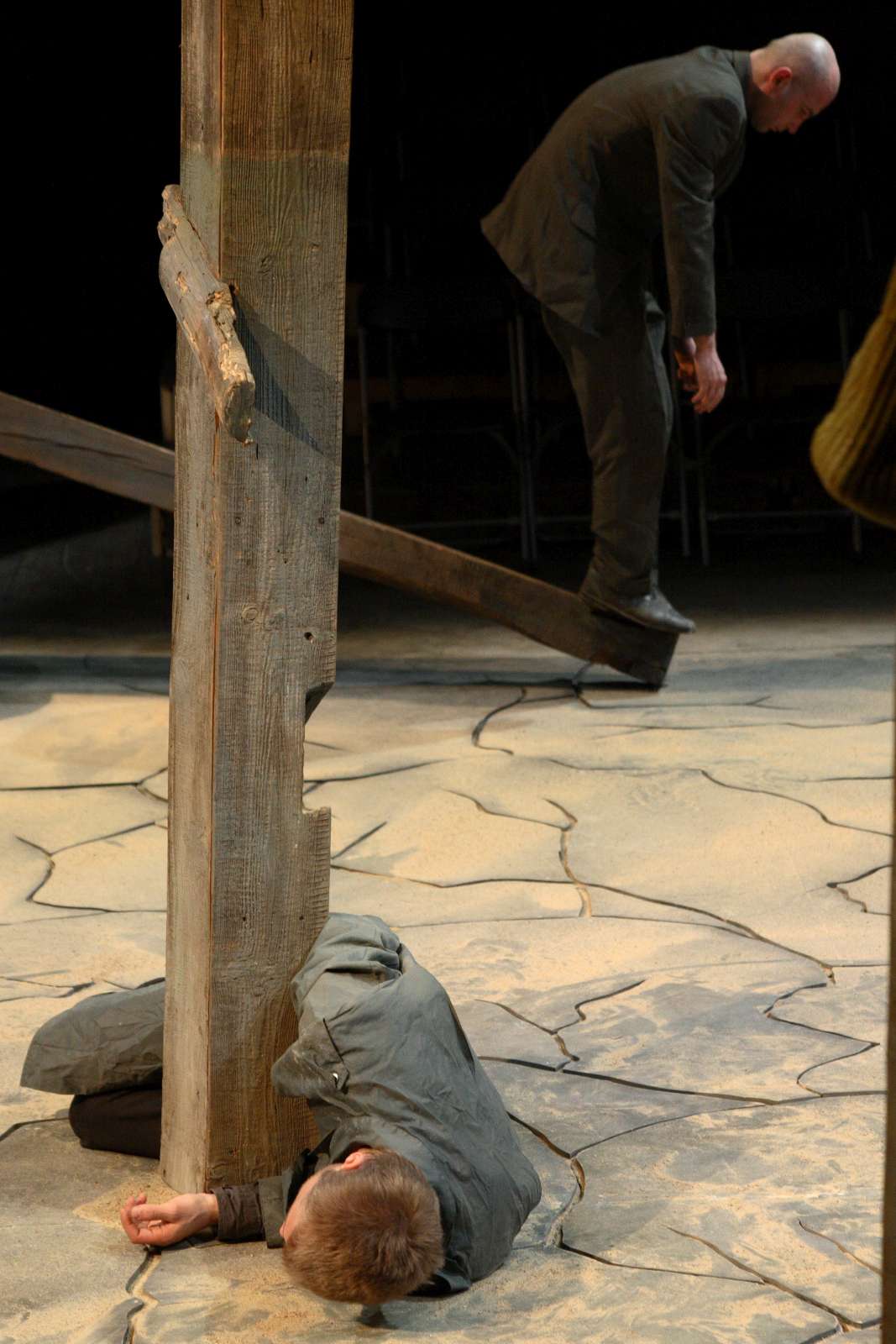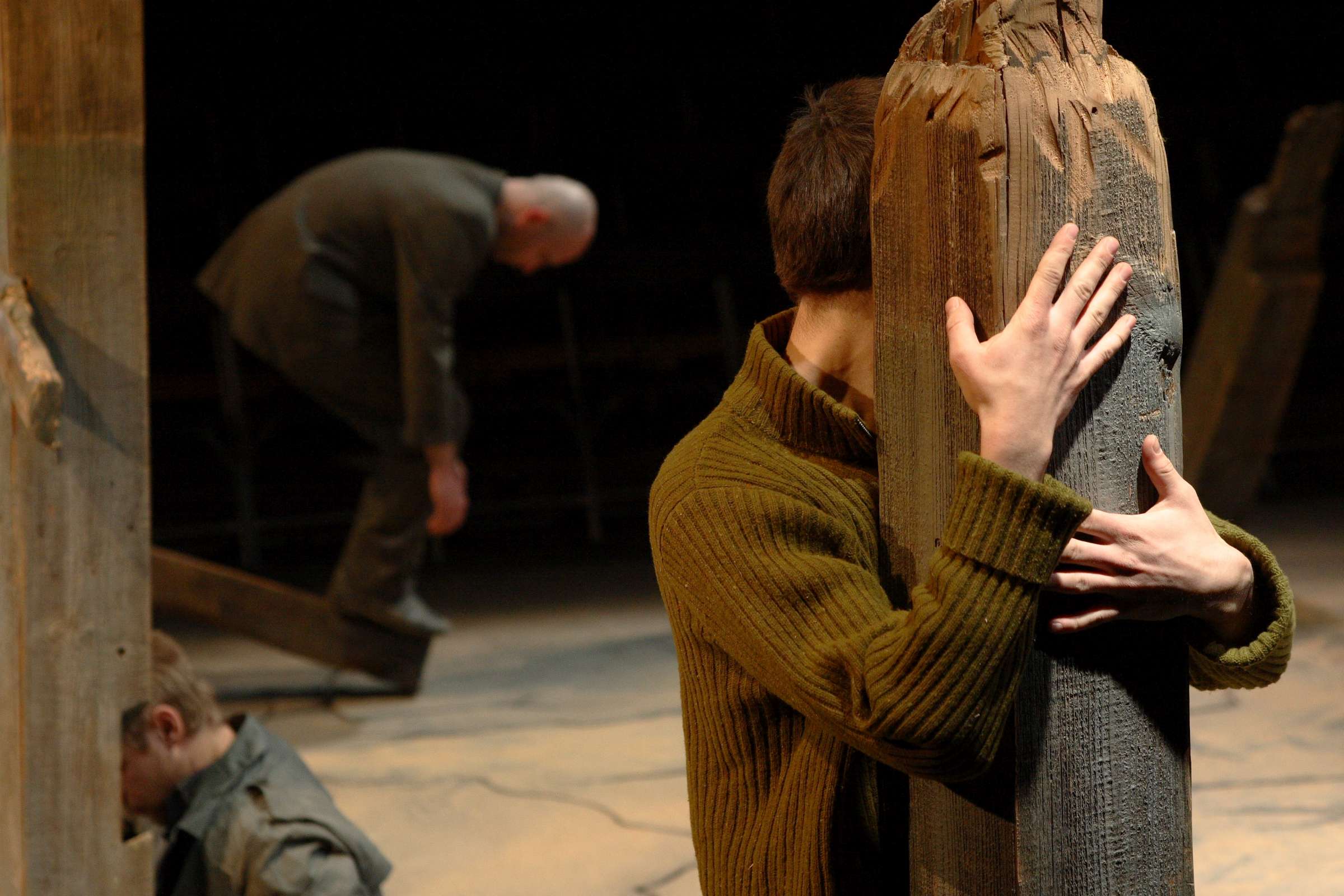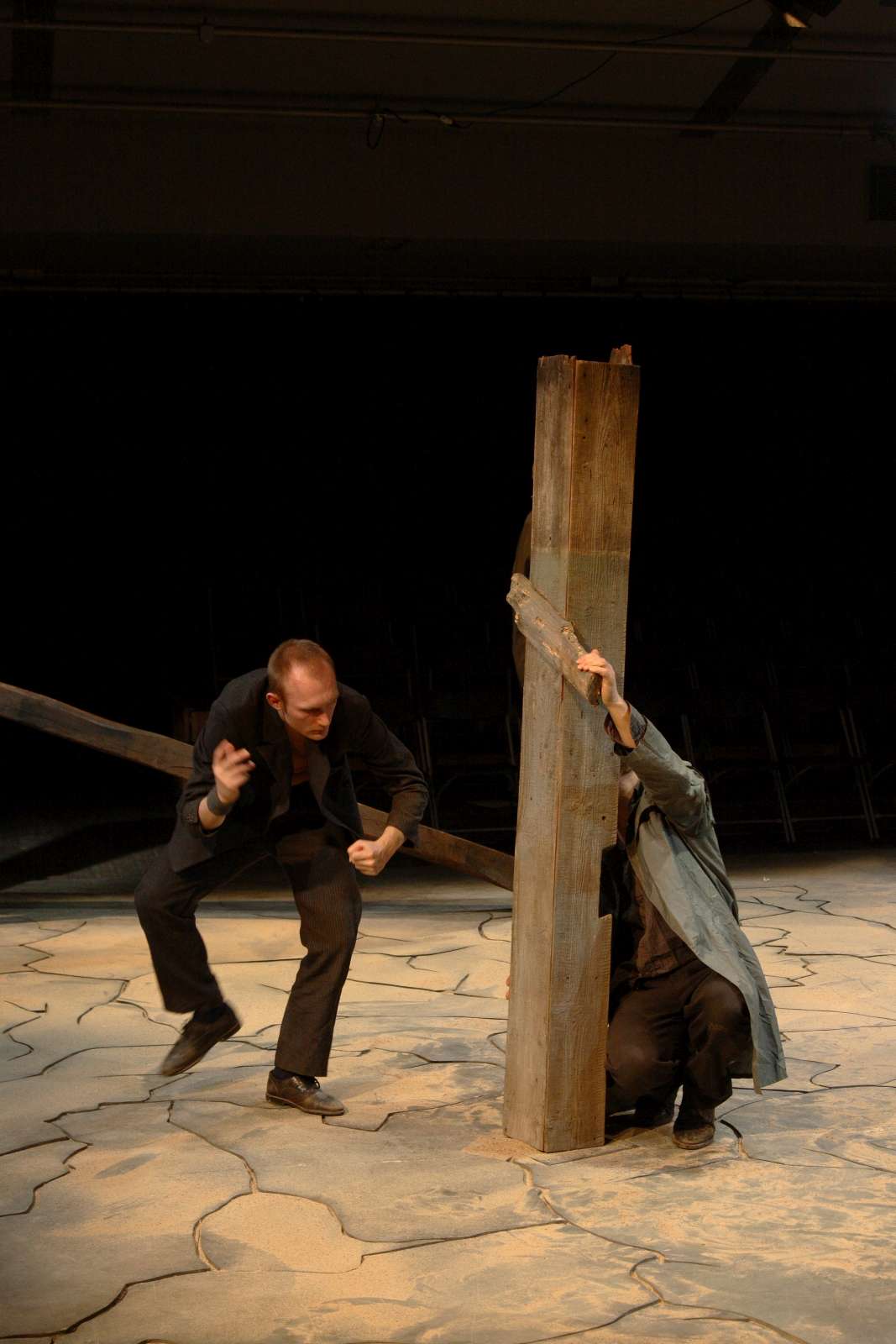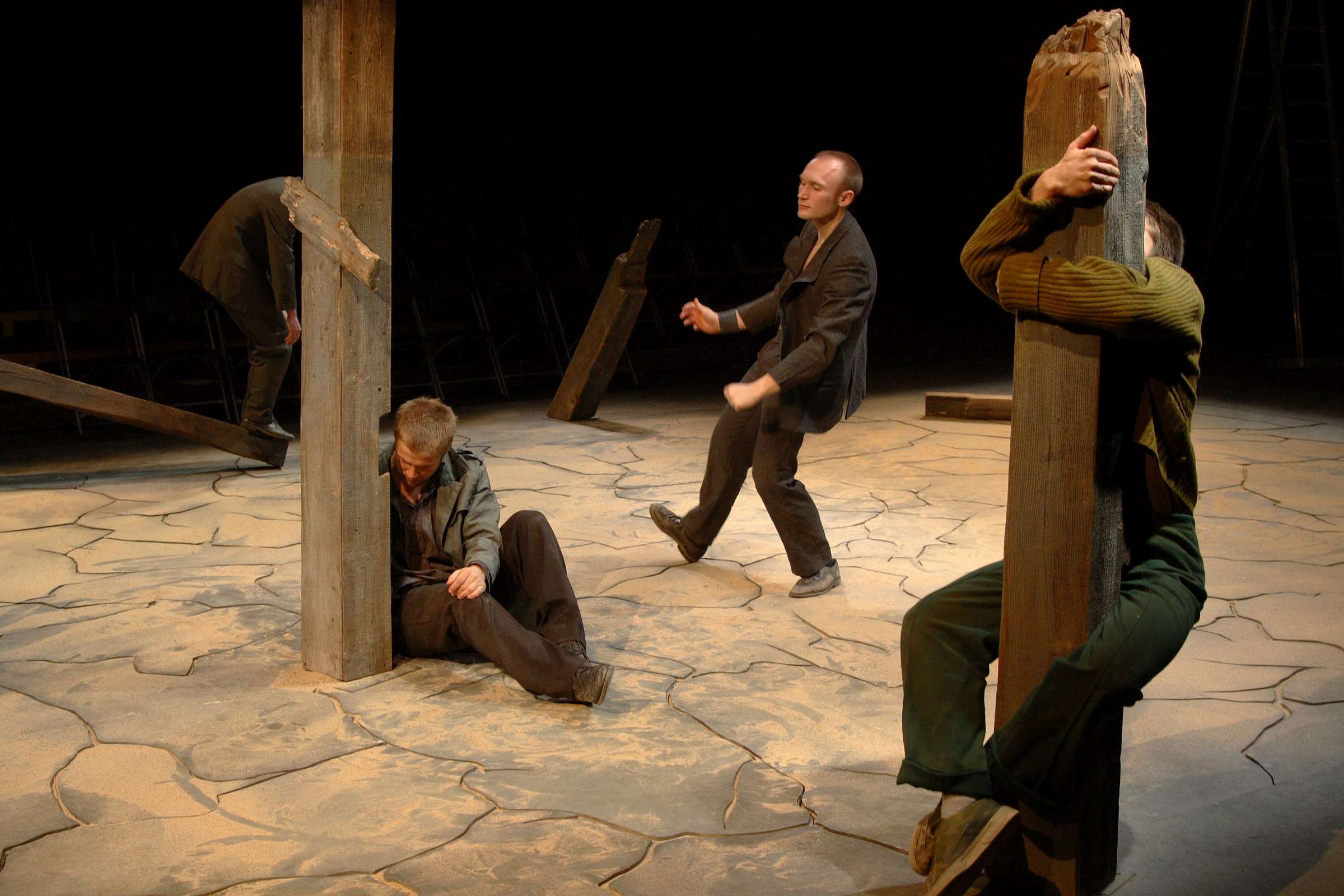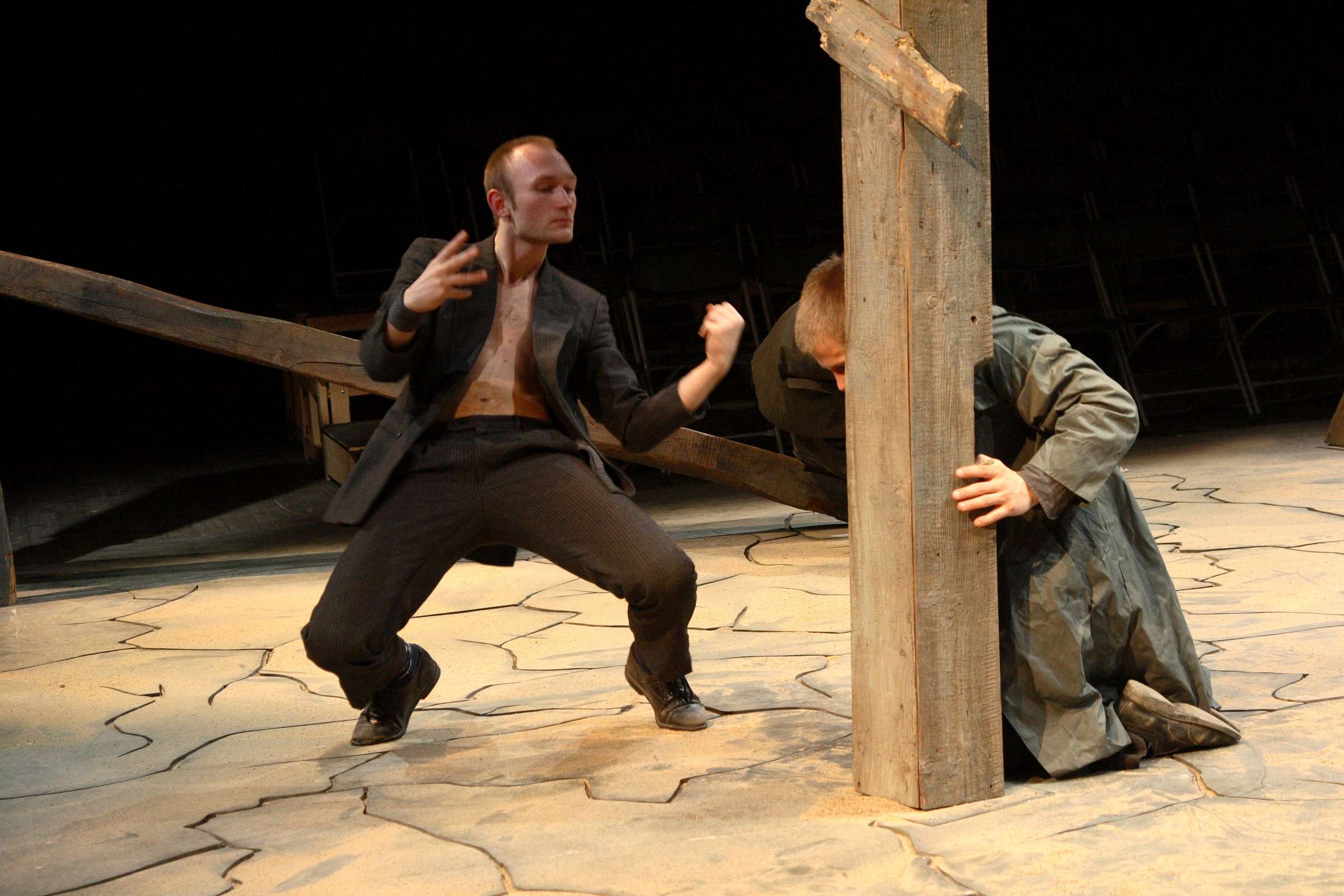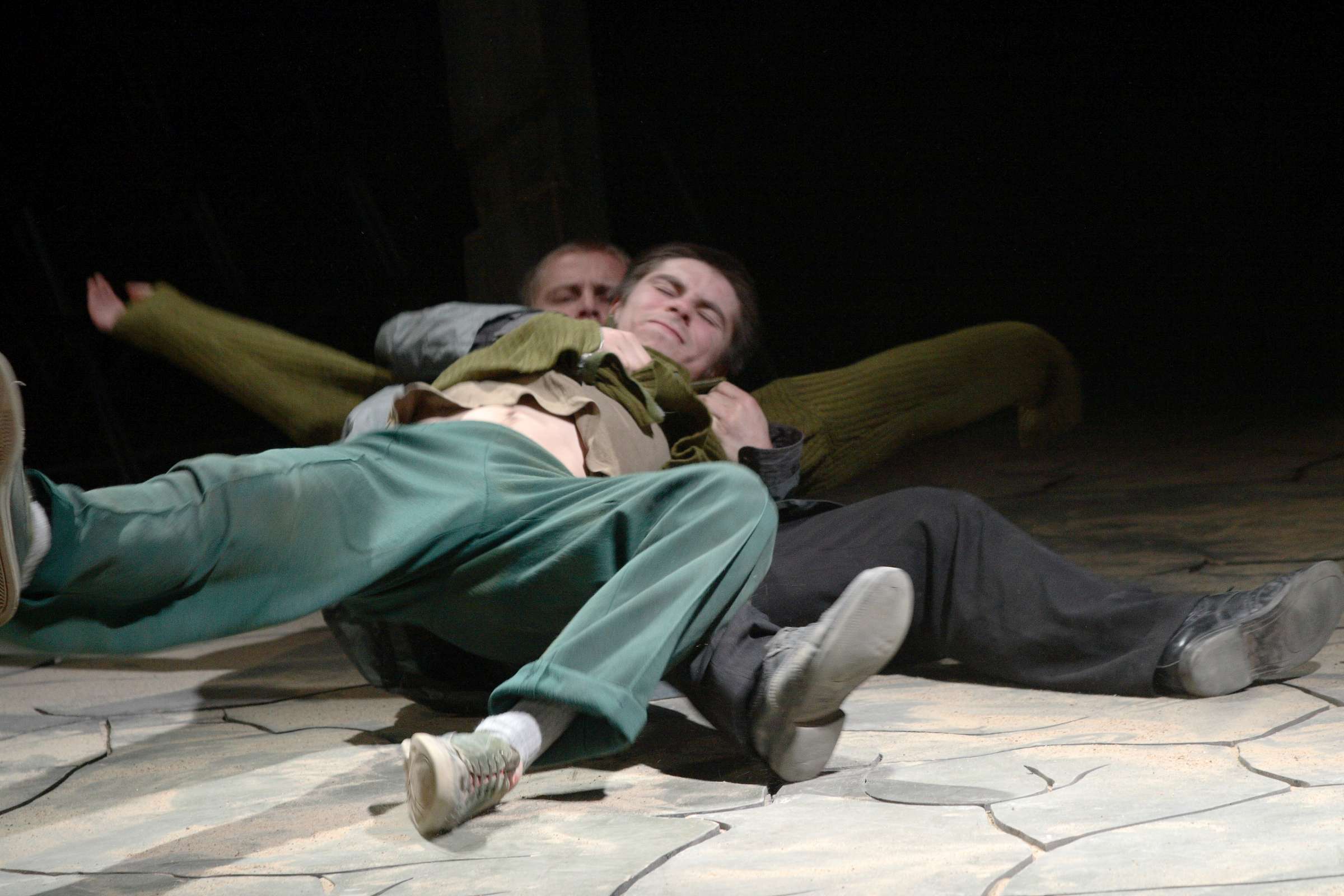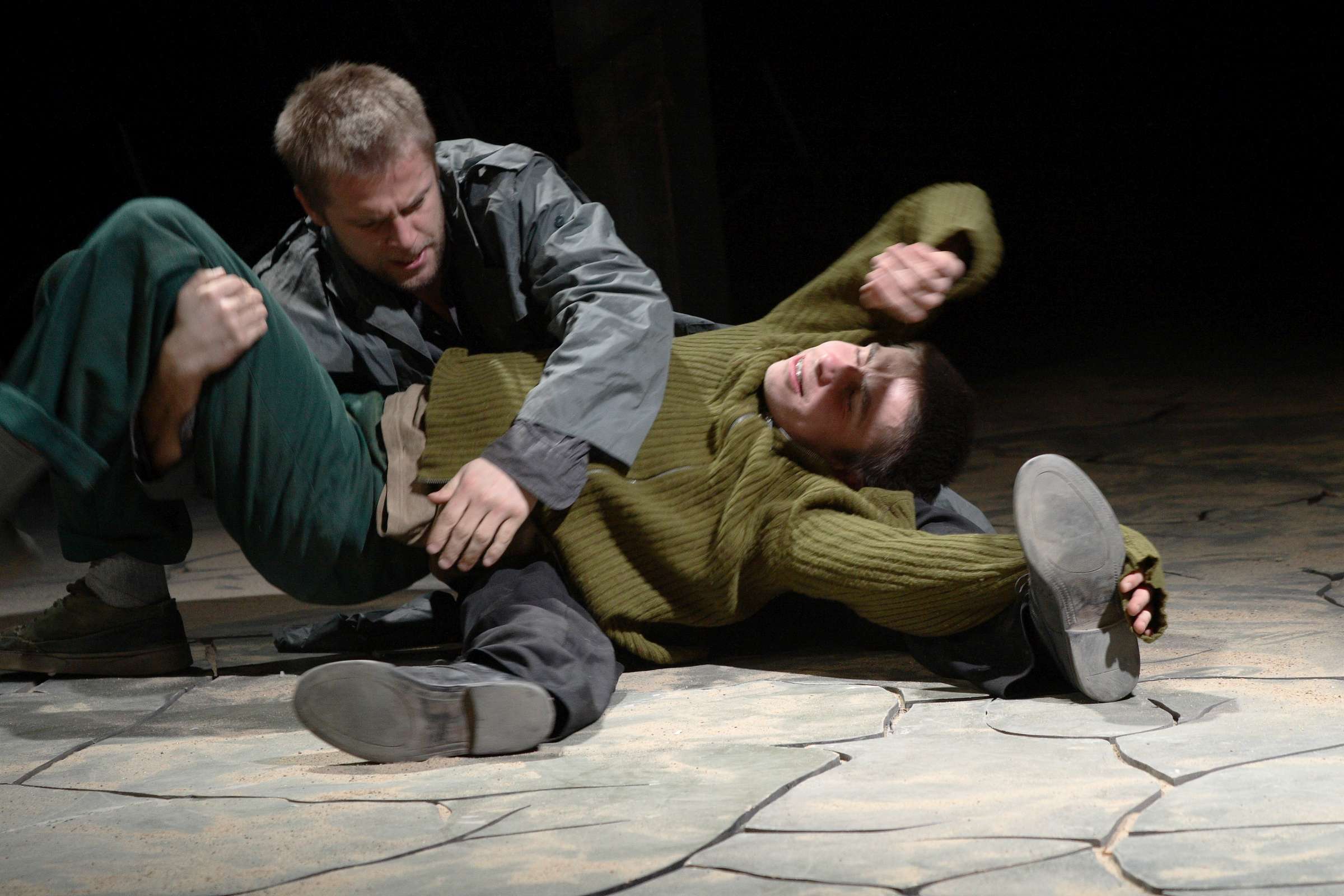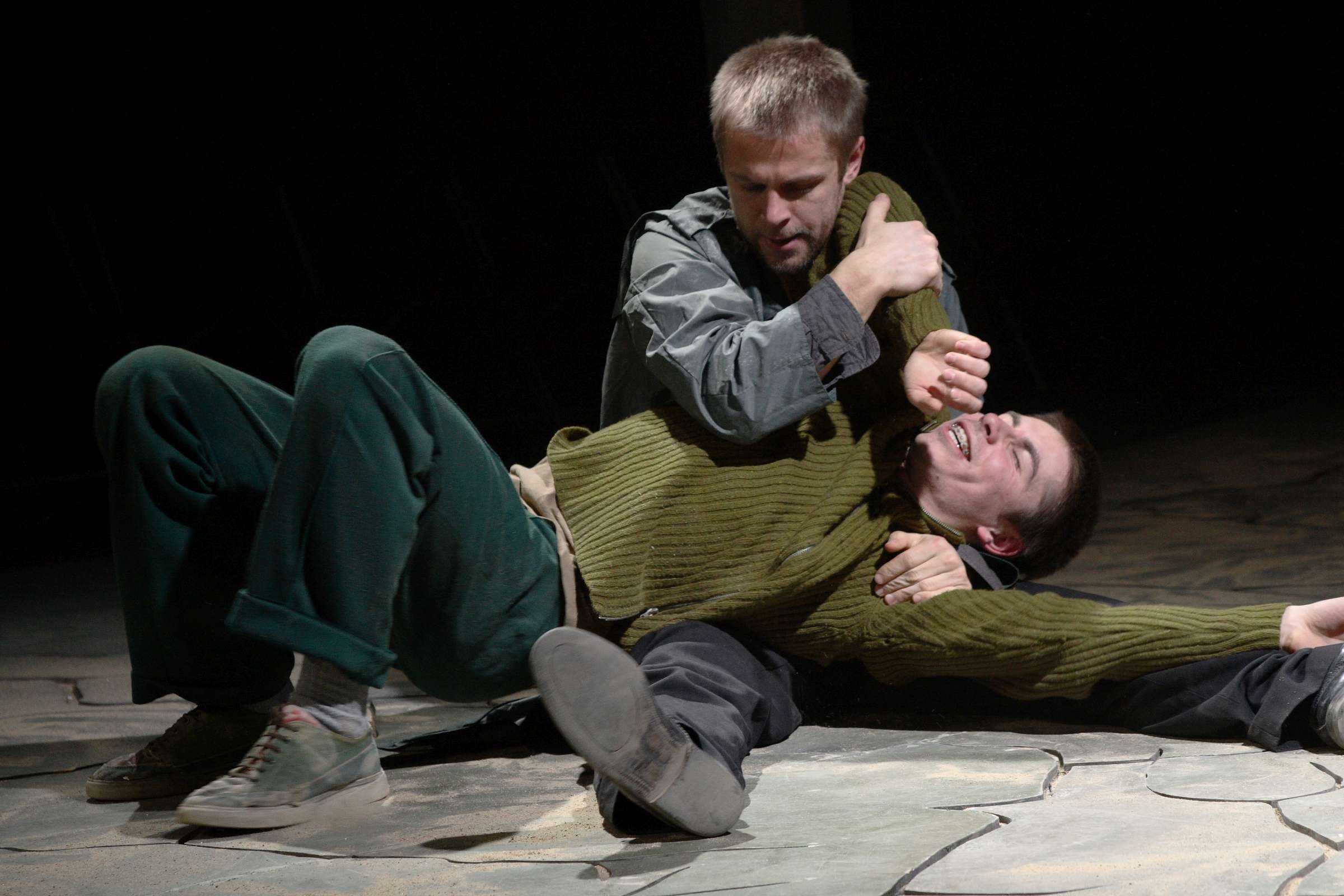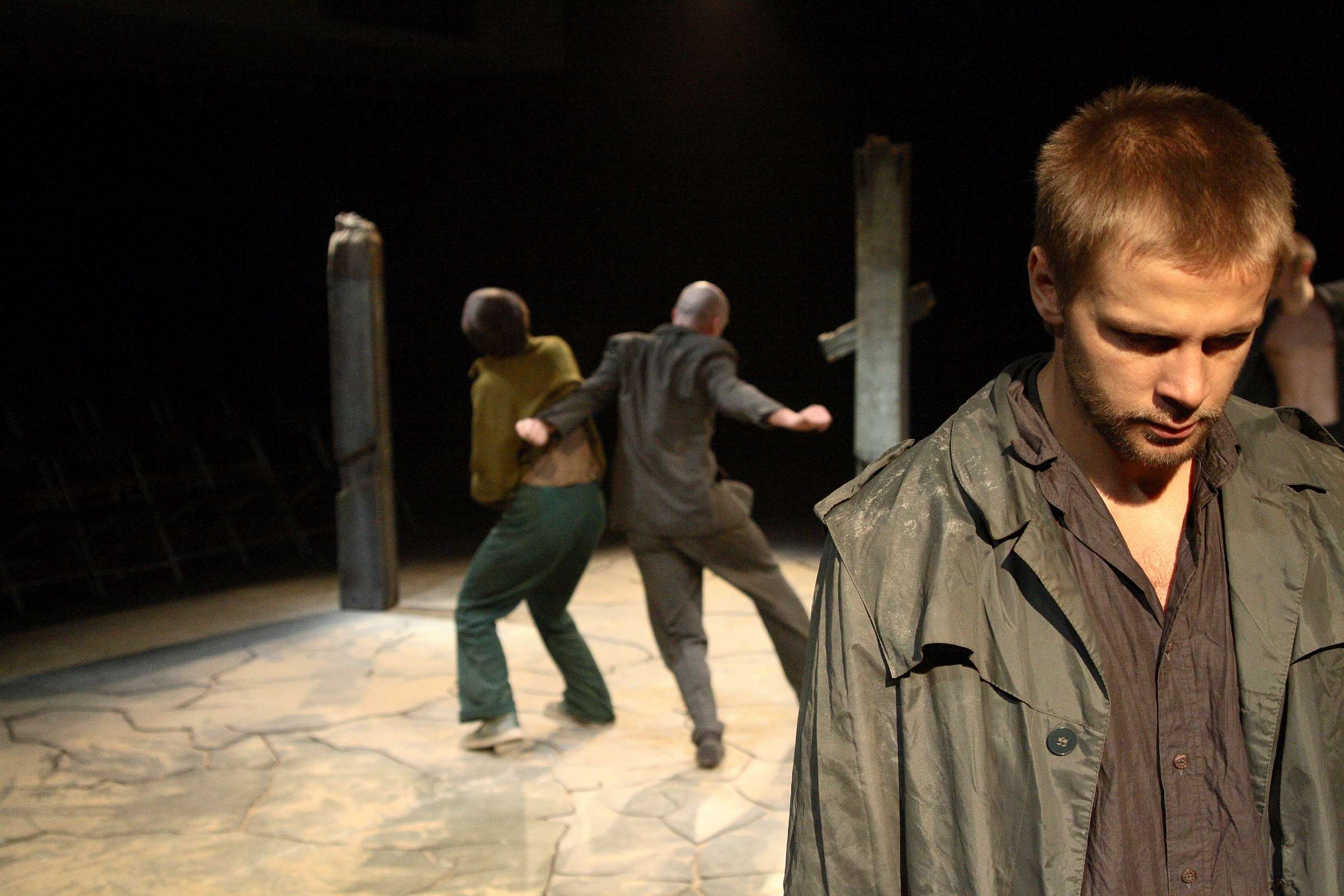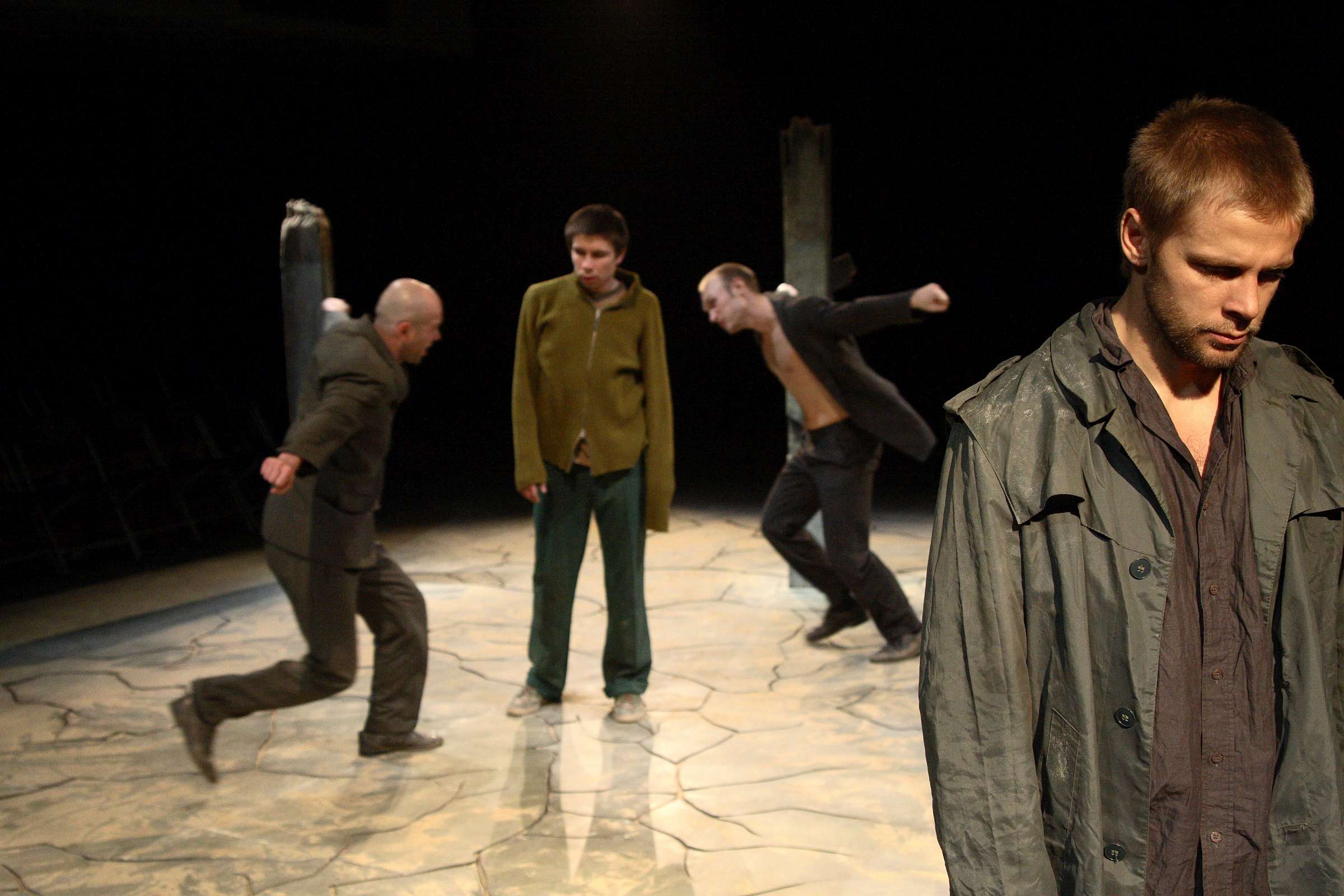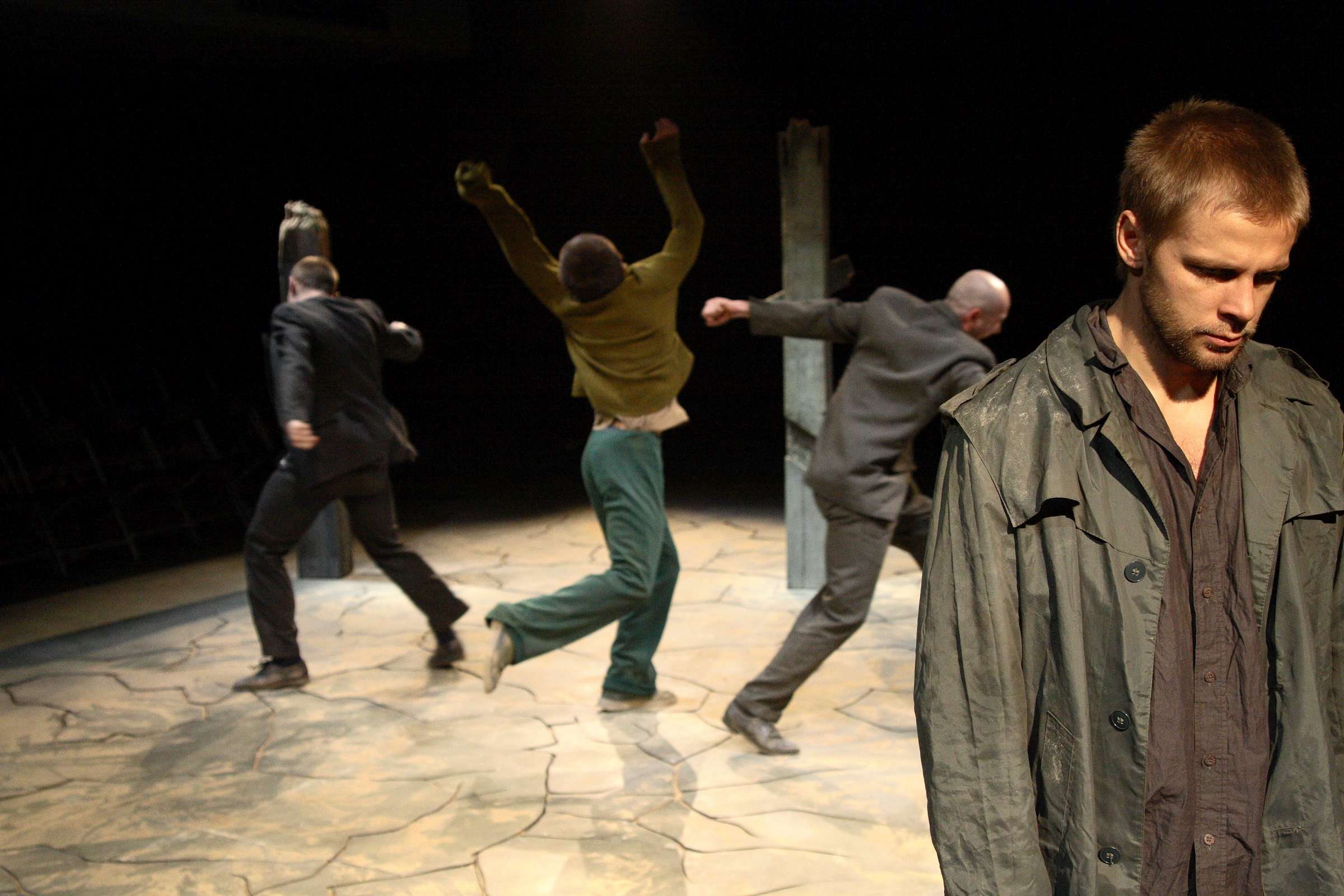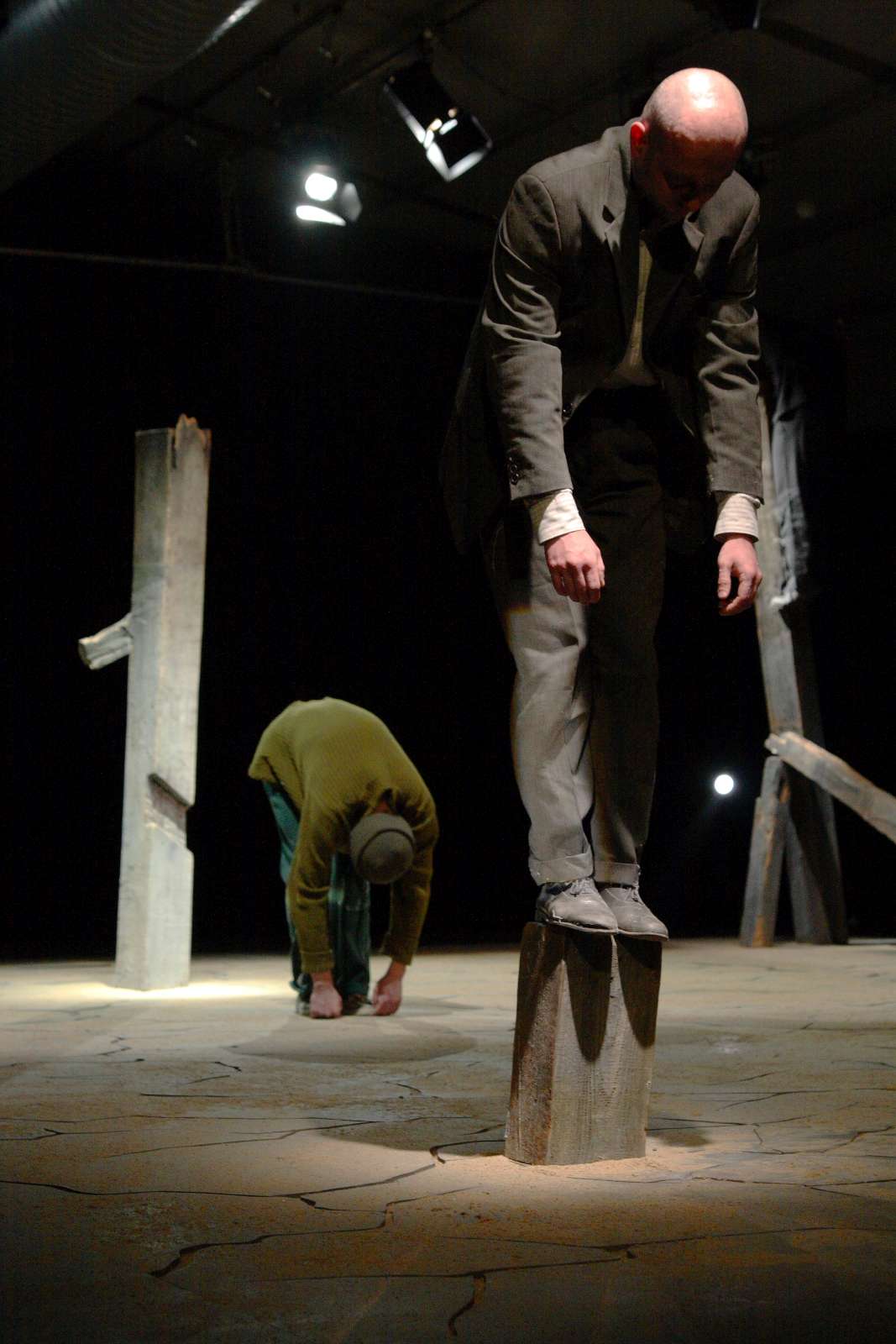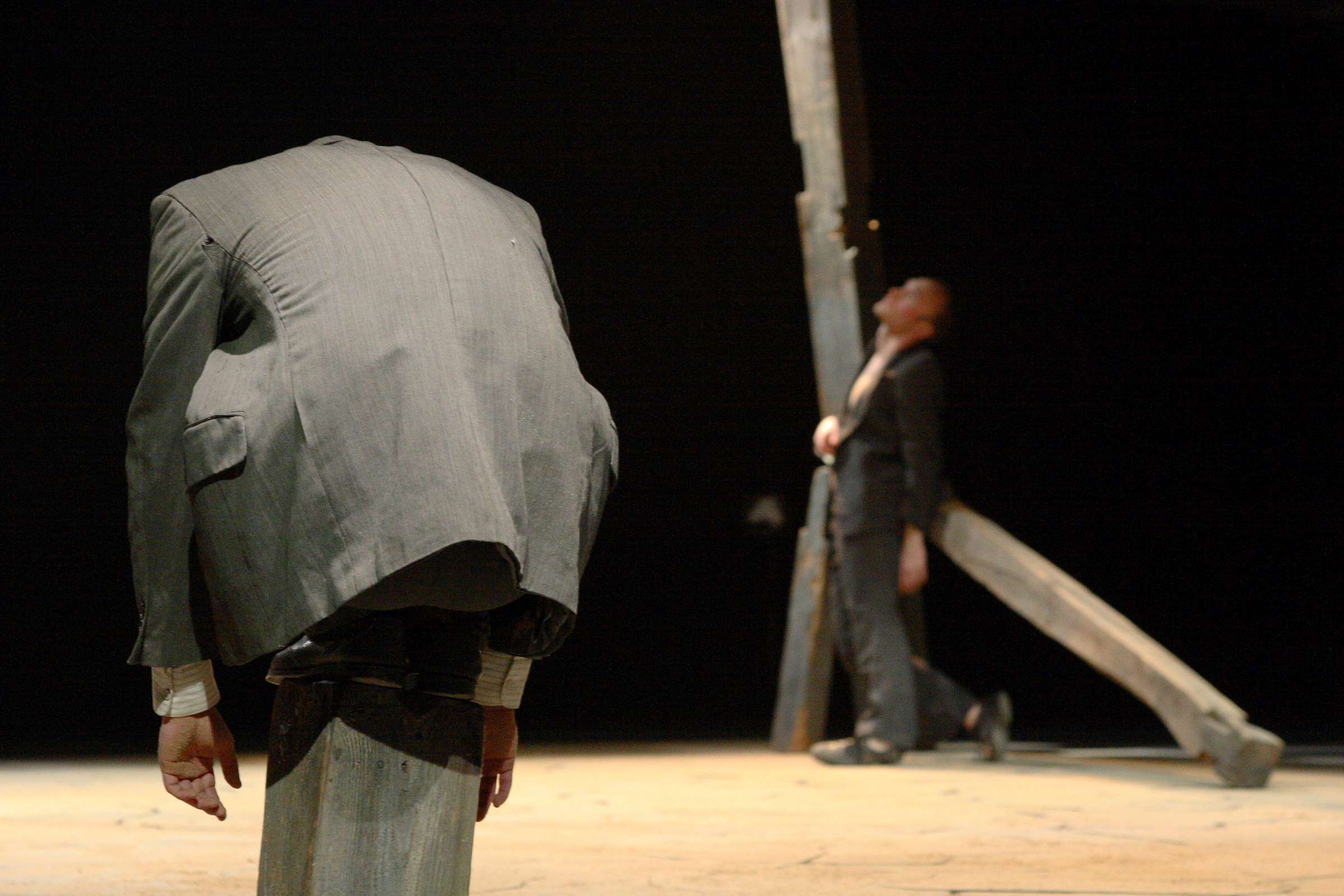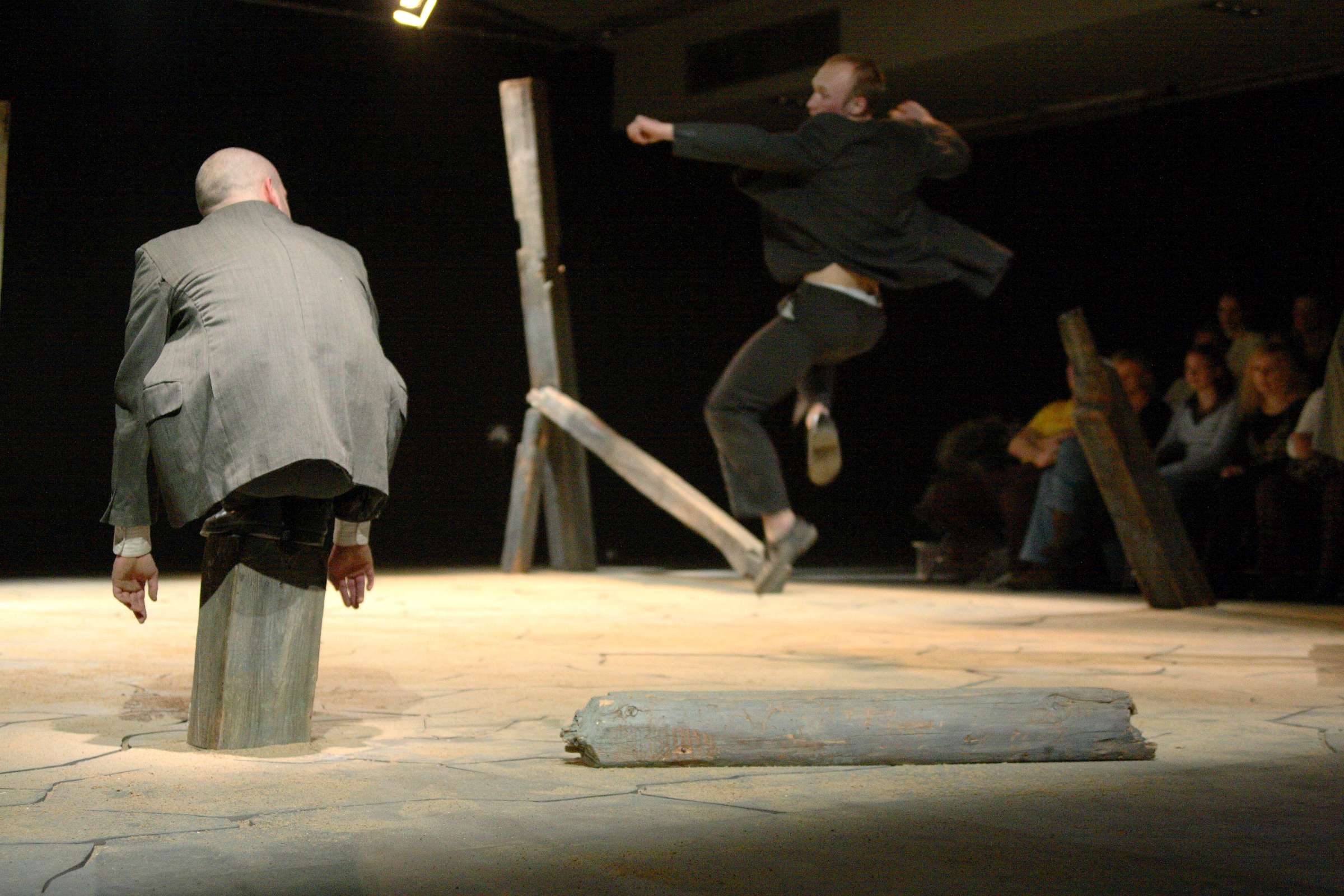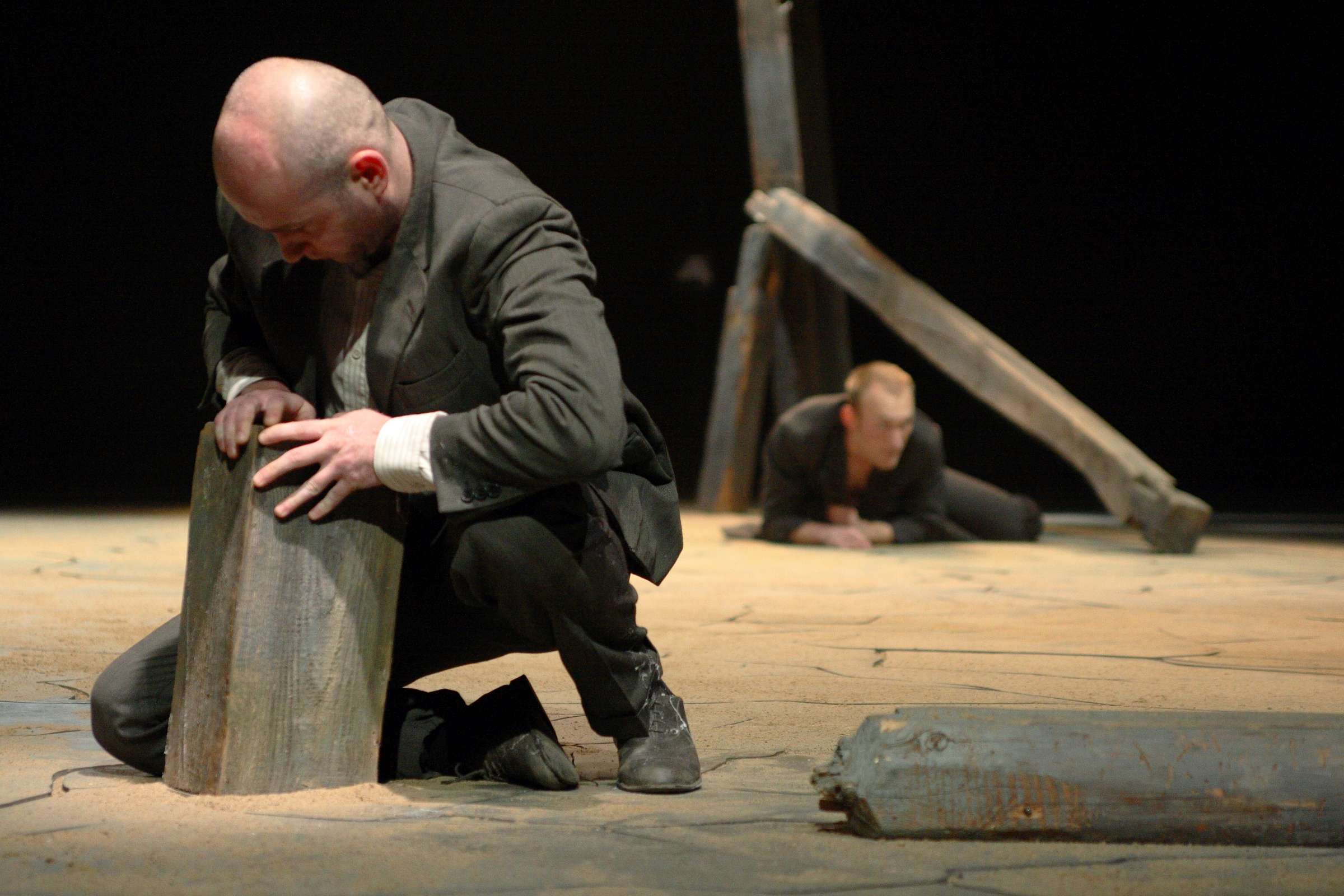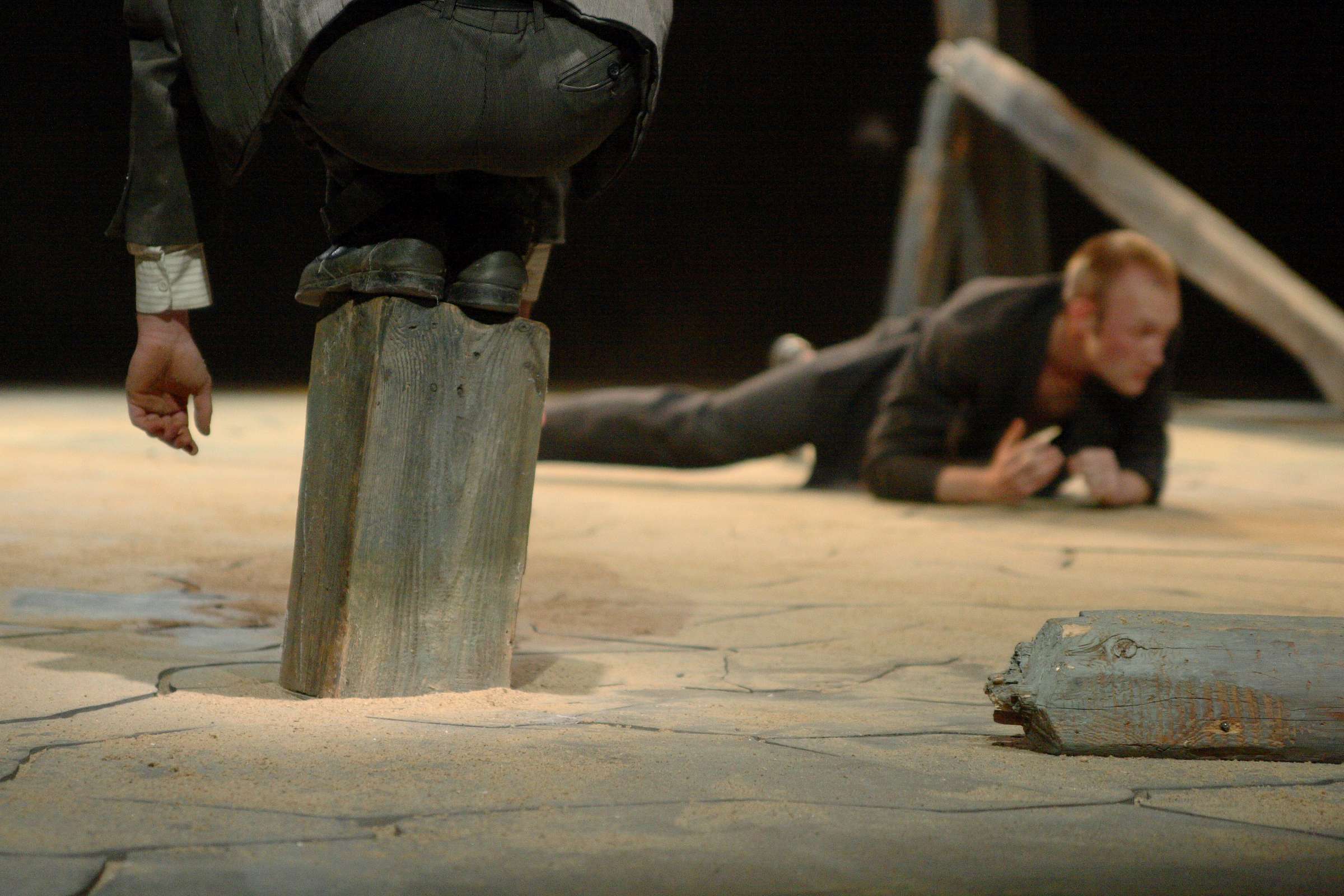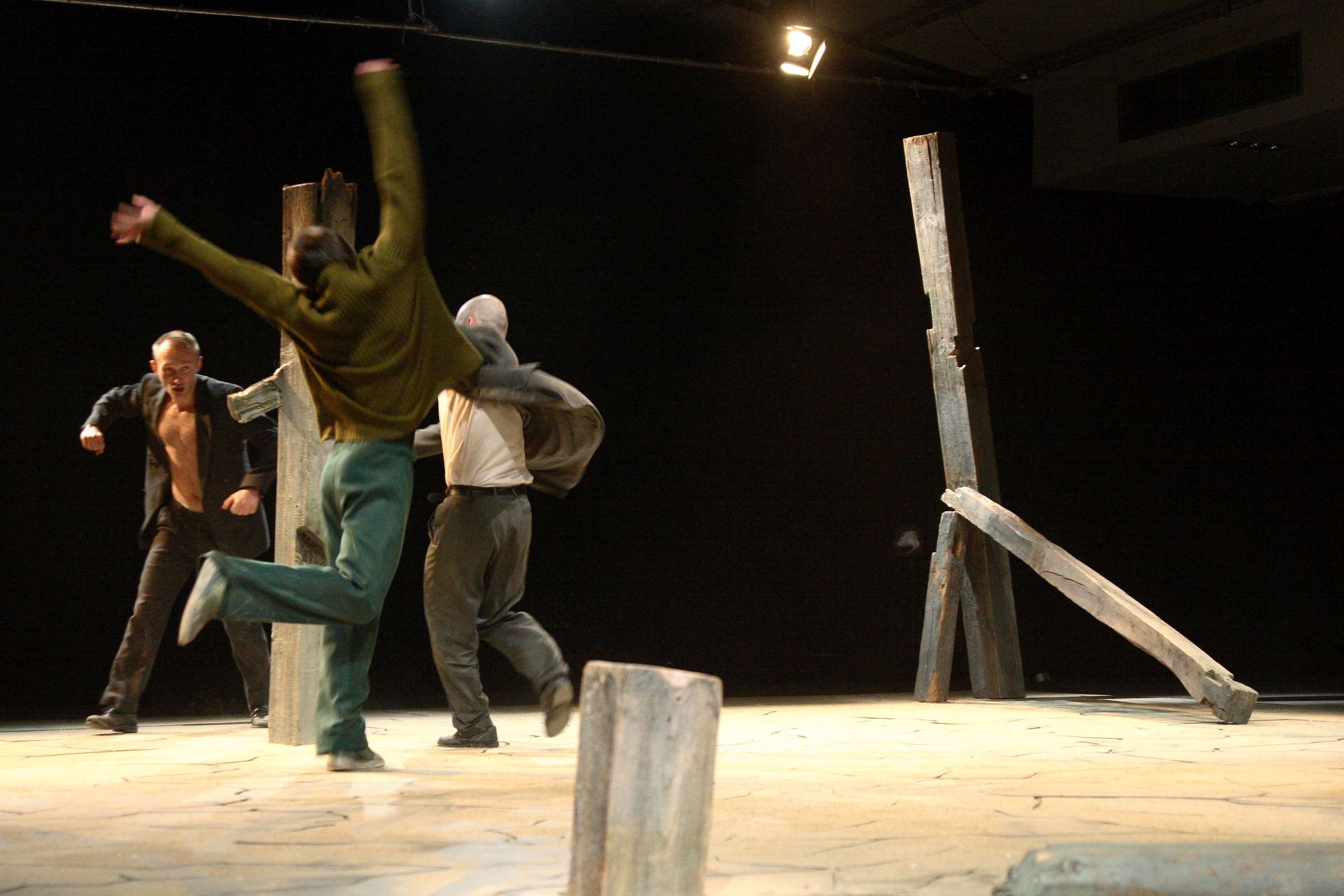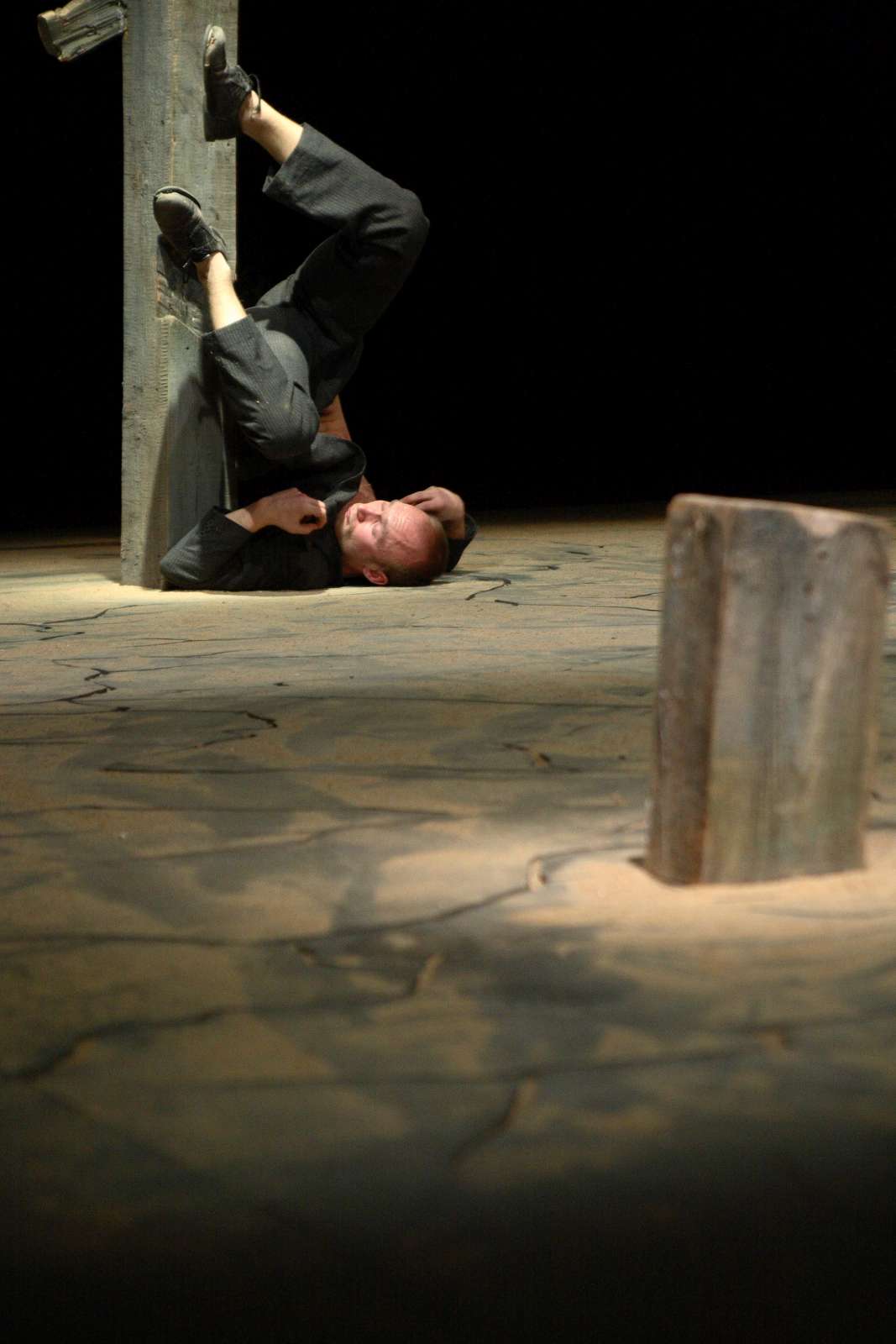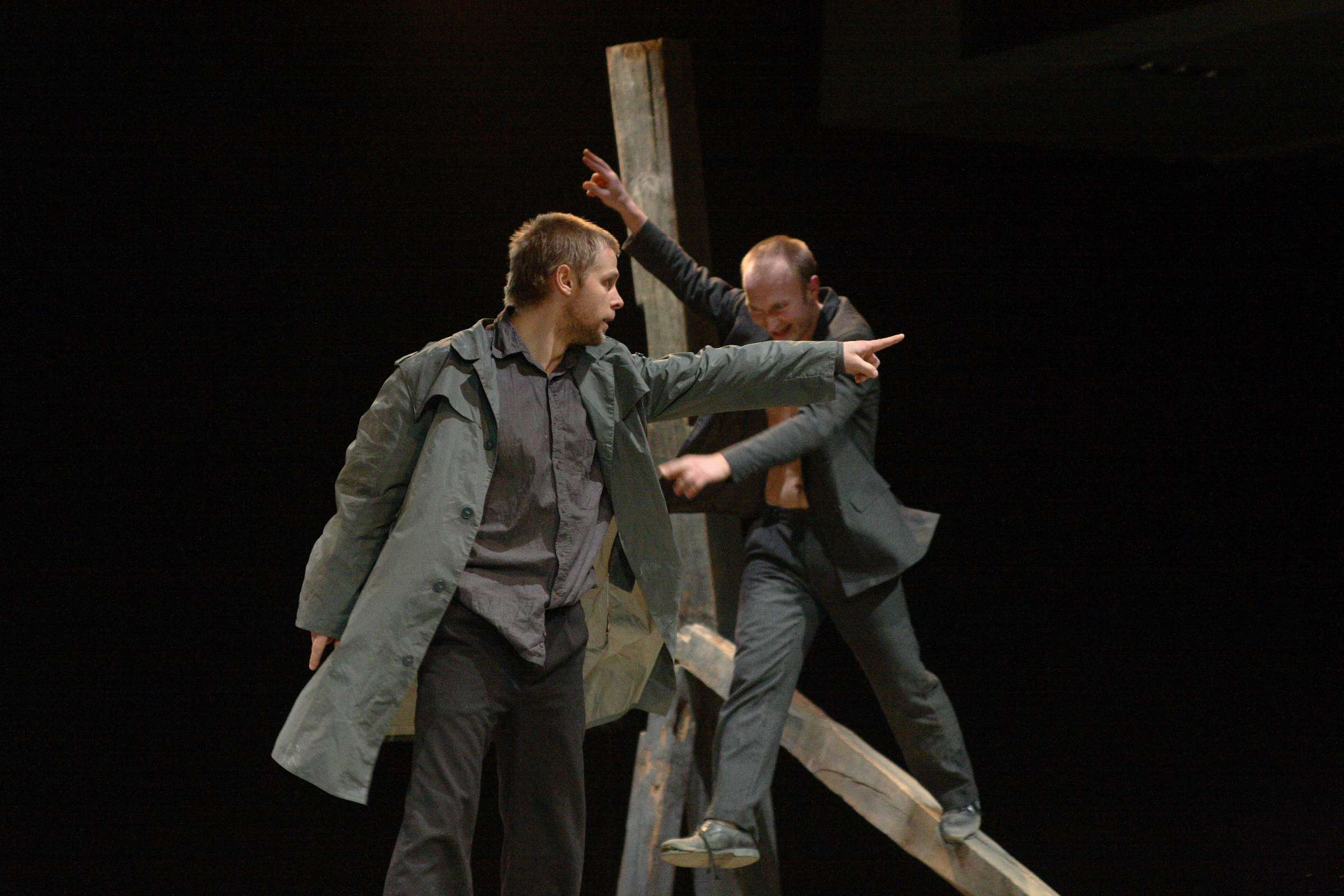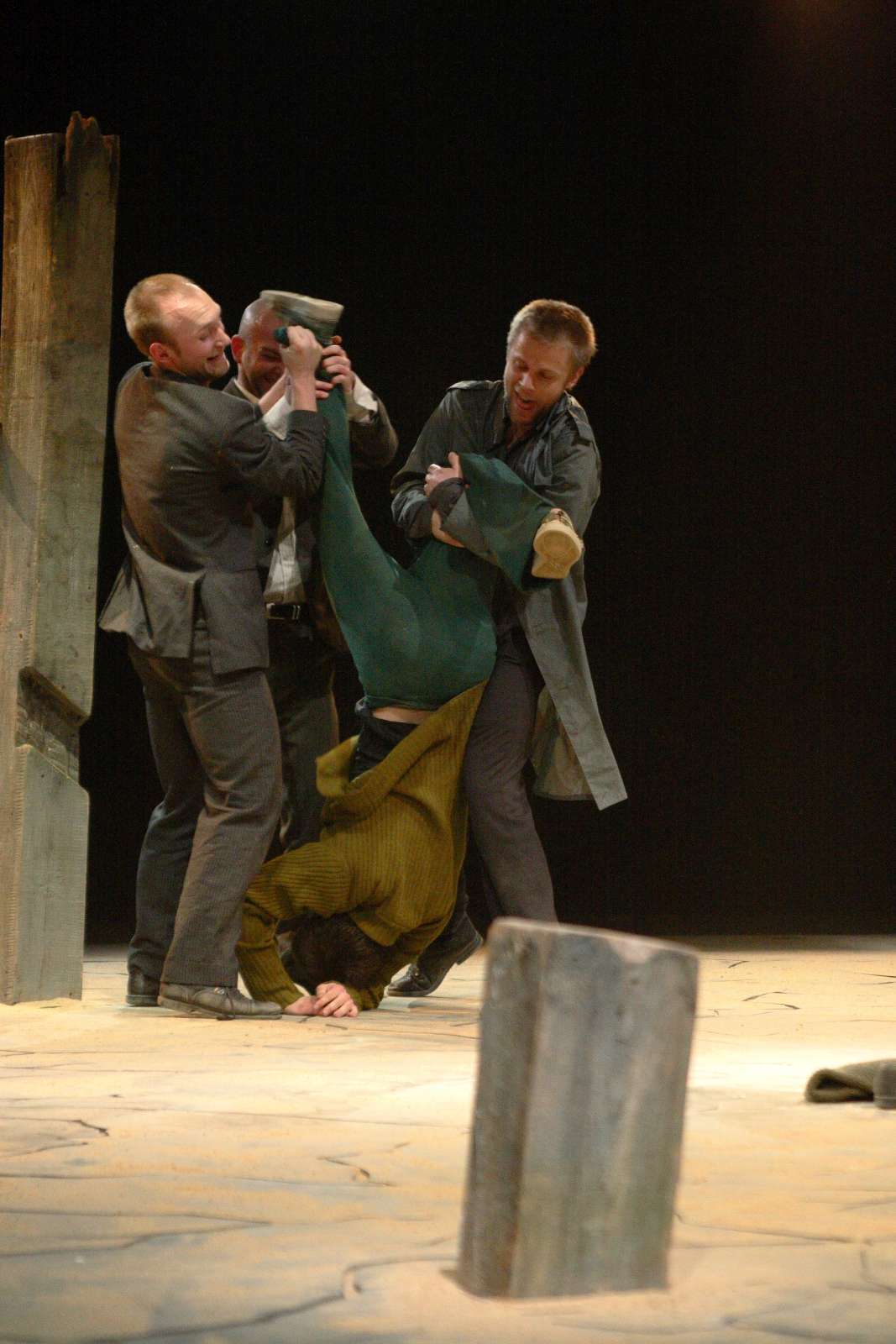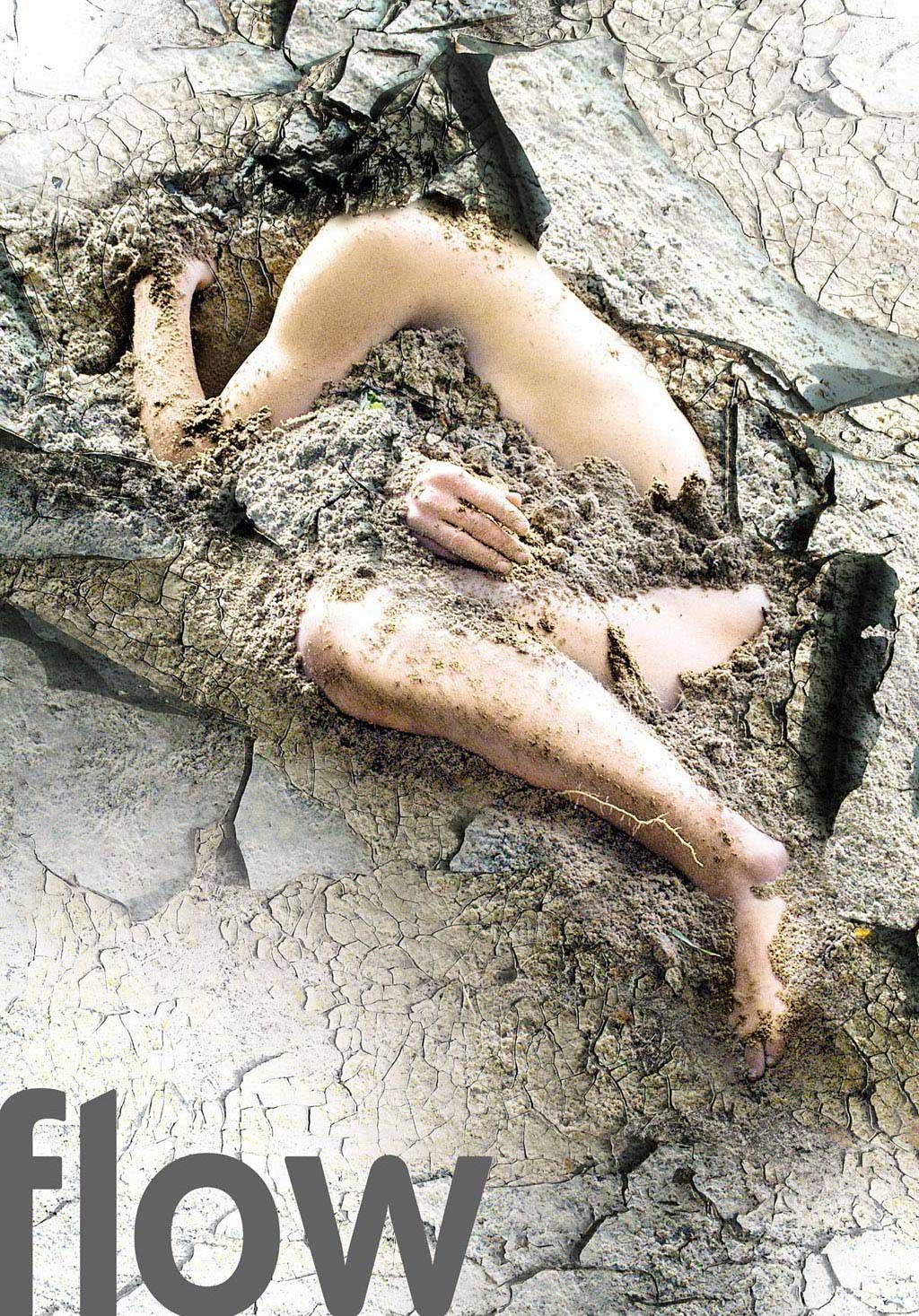Look: we are walking, we leave all these footprints in the sand, and they are still
in place, clear, even. But tomorrow, when you get up, you look at this
big beach and there will be nothing left on it, no mark, no sign,
nothing. As if no one has ever walked this way. As if we were never there. This is not
life, it’s not real life.
It’s a thing, a time that passes. And that’s it.
More than two thousand years ago, Aristotle concluded that what humans seek above all else is happiness. Nothing has changed until now. Why is it that now, when we have reached a level of technological progress that no one even dreamed of a hundred years ago, we are so much more helpless in the face of life than our ancestors were? Is it not the case that by increasing their material powers, people in the spiritual sphere of life are becoming more and more barbarians?
In a sense a civilized man is mutilated. The world does not give us the natural feeling that we are at home. Of course we want this, but most often our desire takes a form that must be considered a fall. Most often it is a loss of authenticity or a sense of emptiness, which we try to kill in ourselves by various means and at all costs.
“Flow” is a story about how much we want to feel that we are “at home” in the world. The performance is inspired by S. Beckett’s drama “Waiting for Godot”.
In Beckett’s play time is circular to show that no “is” or “will be” promises anything more than what “was”. There is nothing more. “Flow” is not, however, another interpretation of Beckett’s play, but an attempt to face the theme of duration. It is also not another dance performance, although movement and the body are the basic language of stage expression.
Time and a sense of happiness are not the result of a smile of fate or a coincidence. It does not depend on external events. It can neither be bought nor obtained through power. It is impossible to own time. The only thing that can be said for certain about it is that it inevitably flows. Flow is both a state and a flow – a sense of harmony, positive energy, bliss. The sensation of happiness – this is the goal to which the characters greedily strive, and every substitute of it they want to carefully cultivate. But can you keep the river for yourself by taking a handful of water in your hand?
